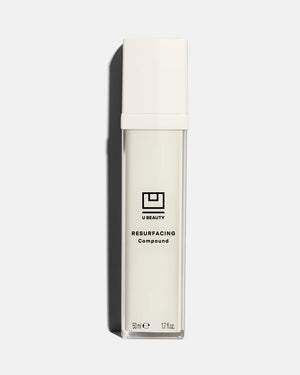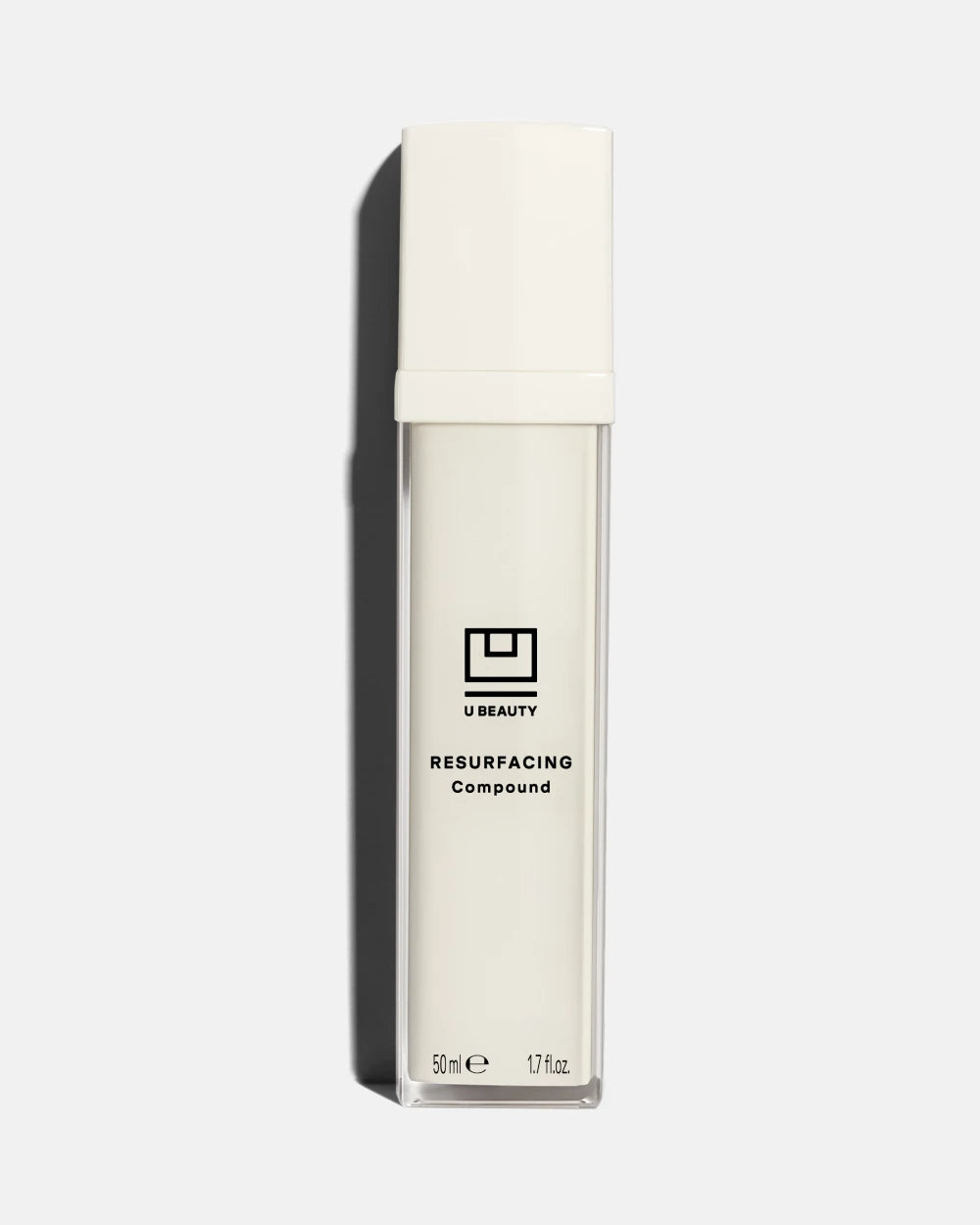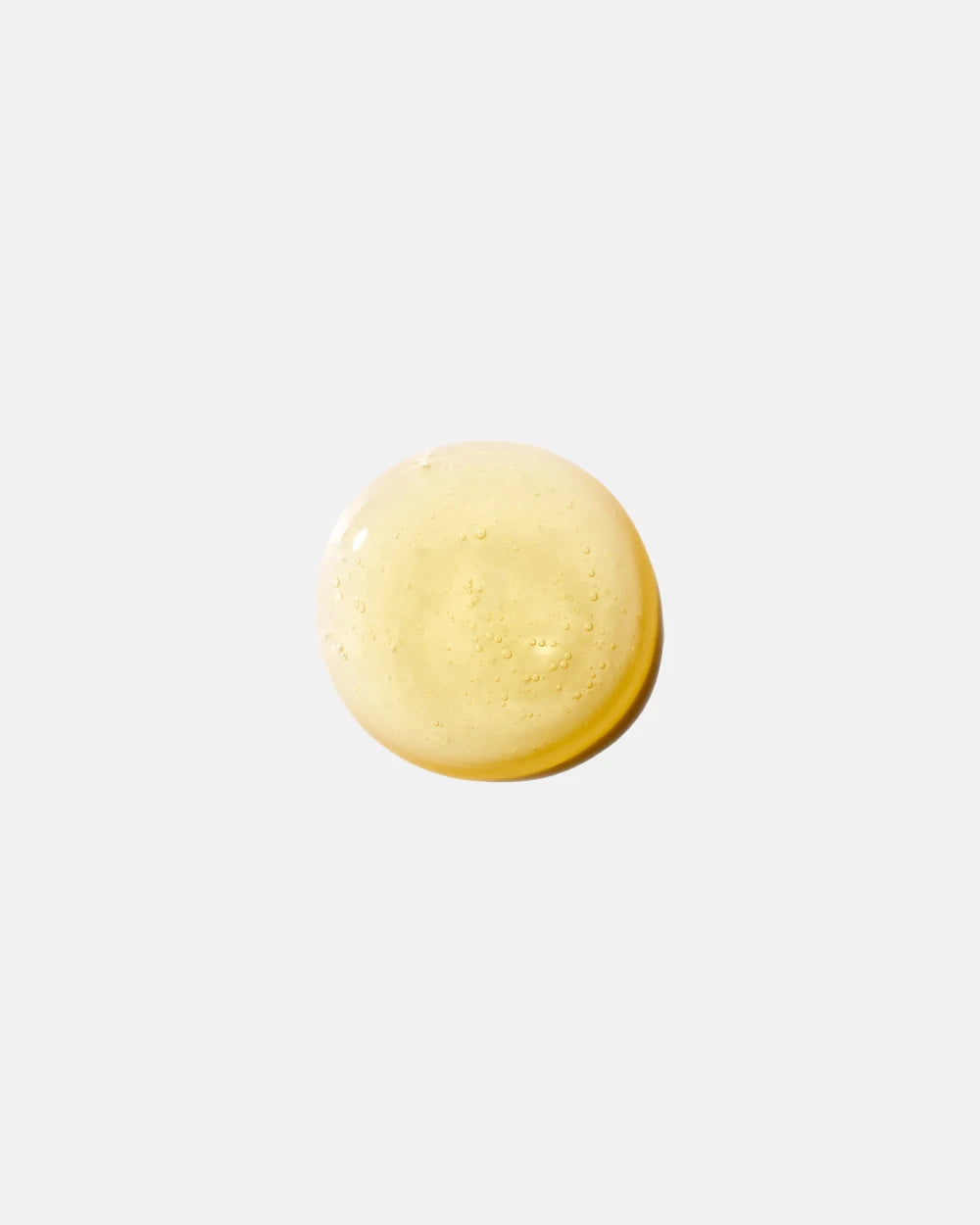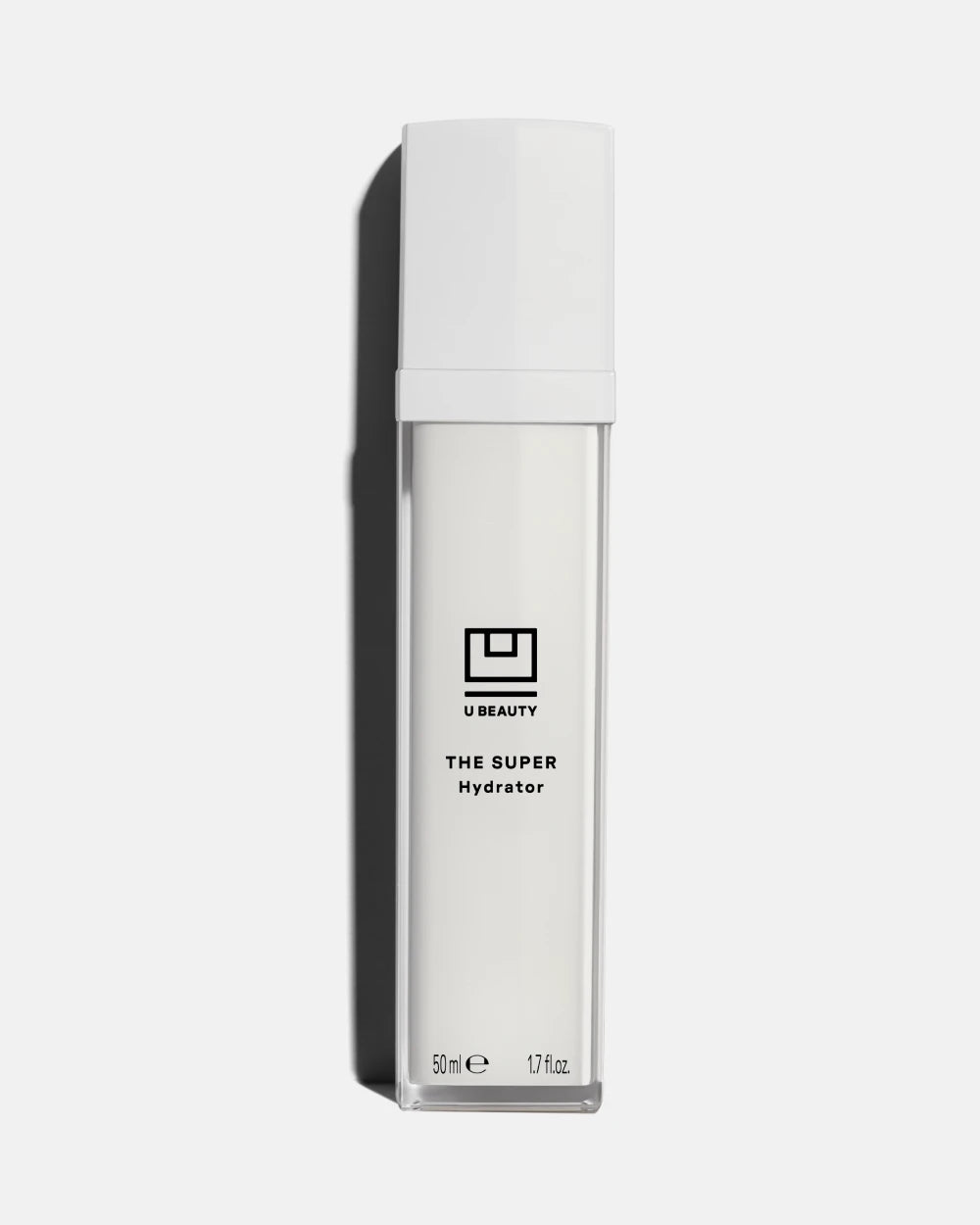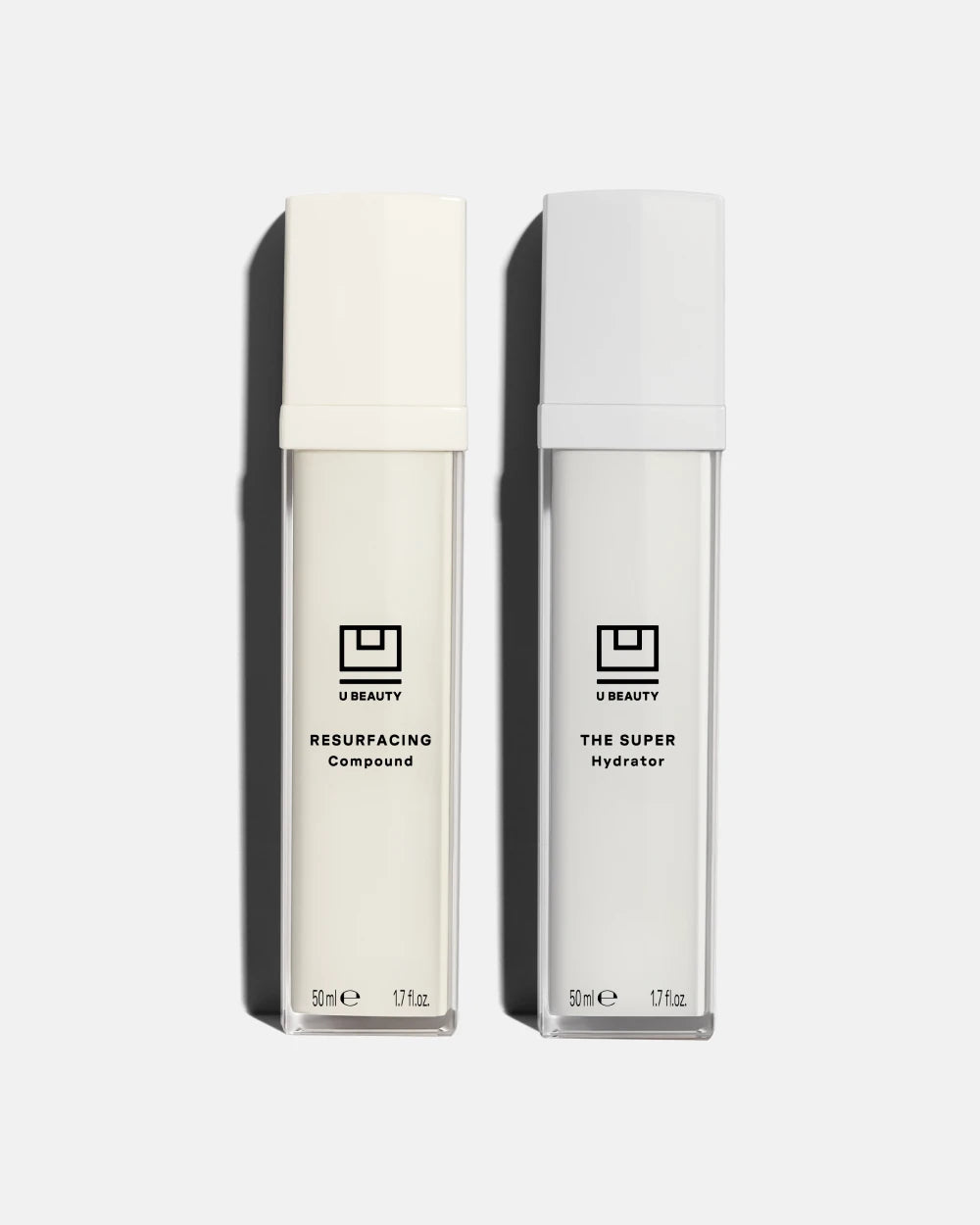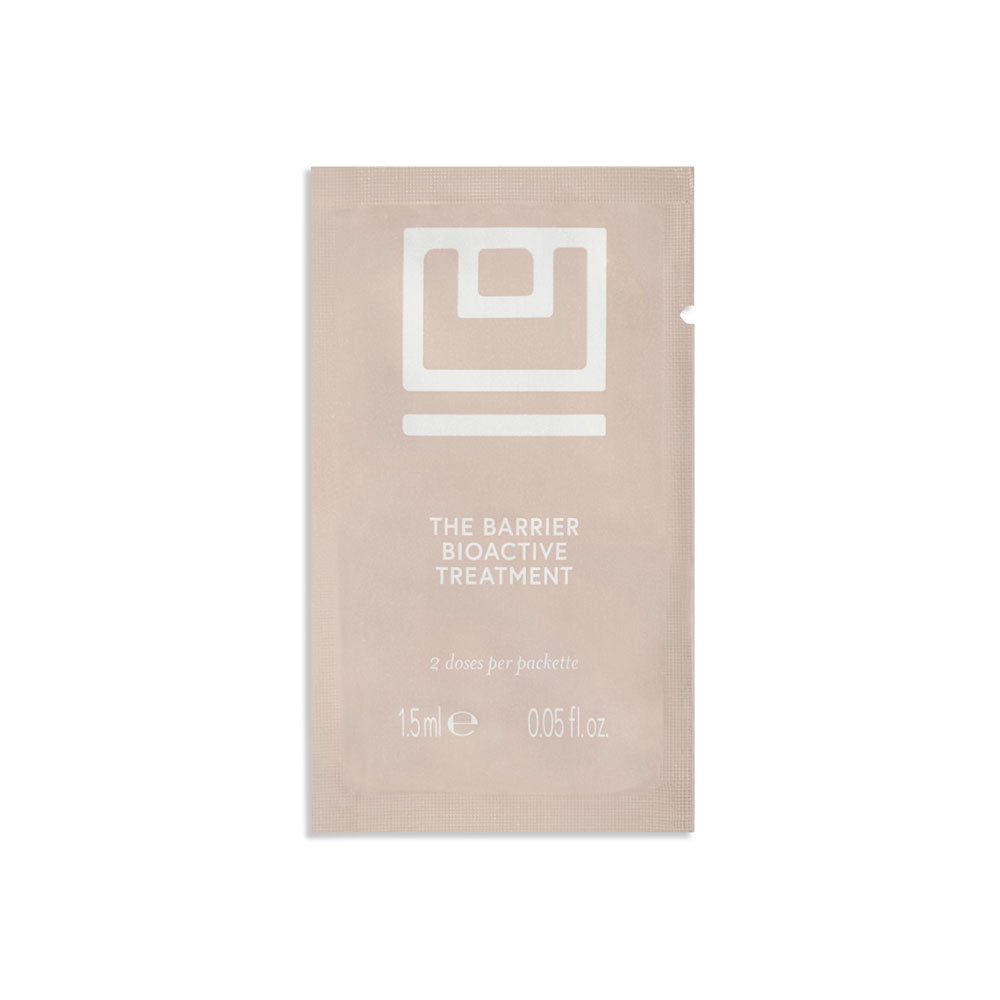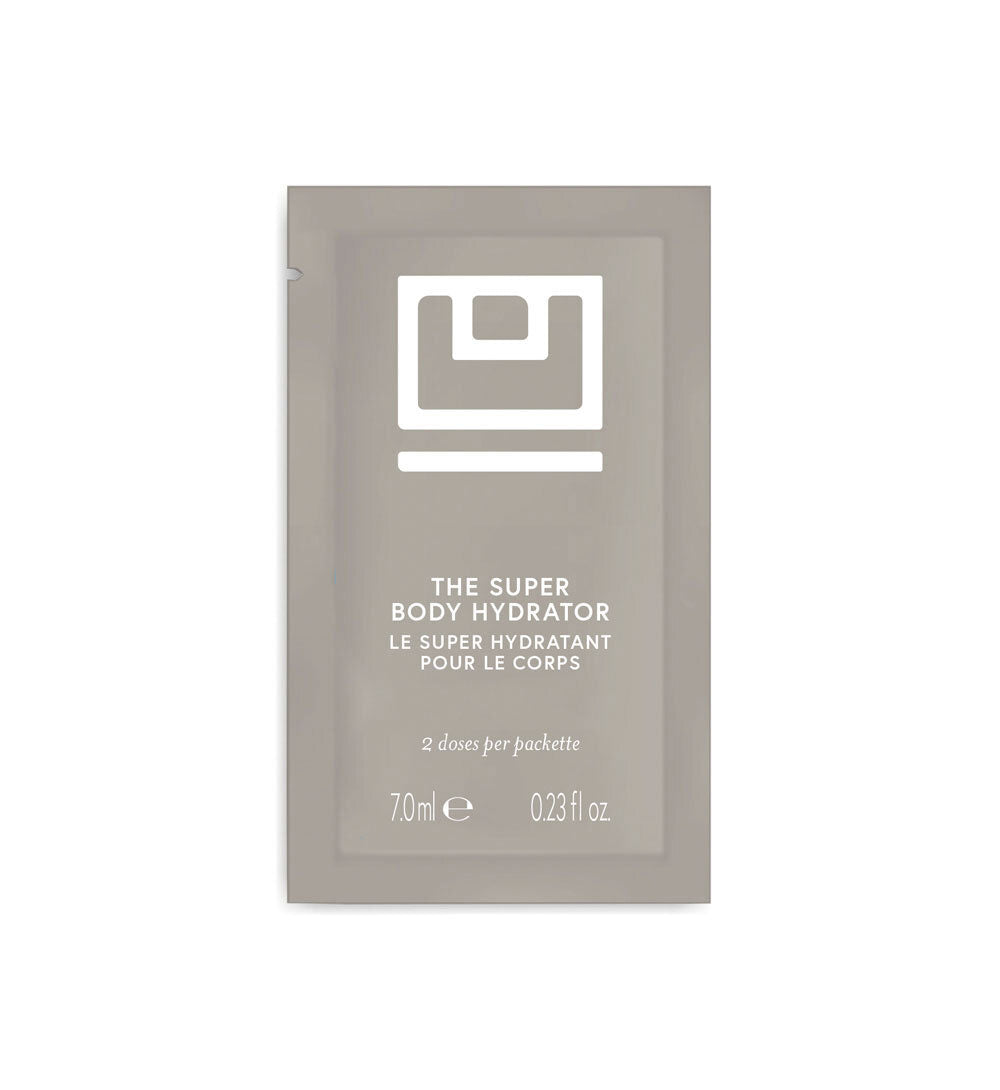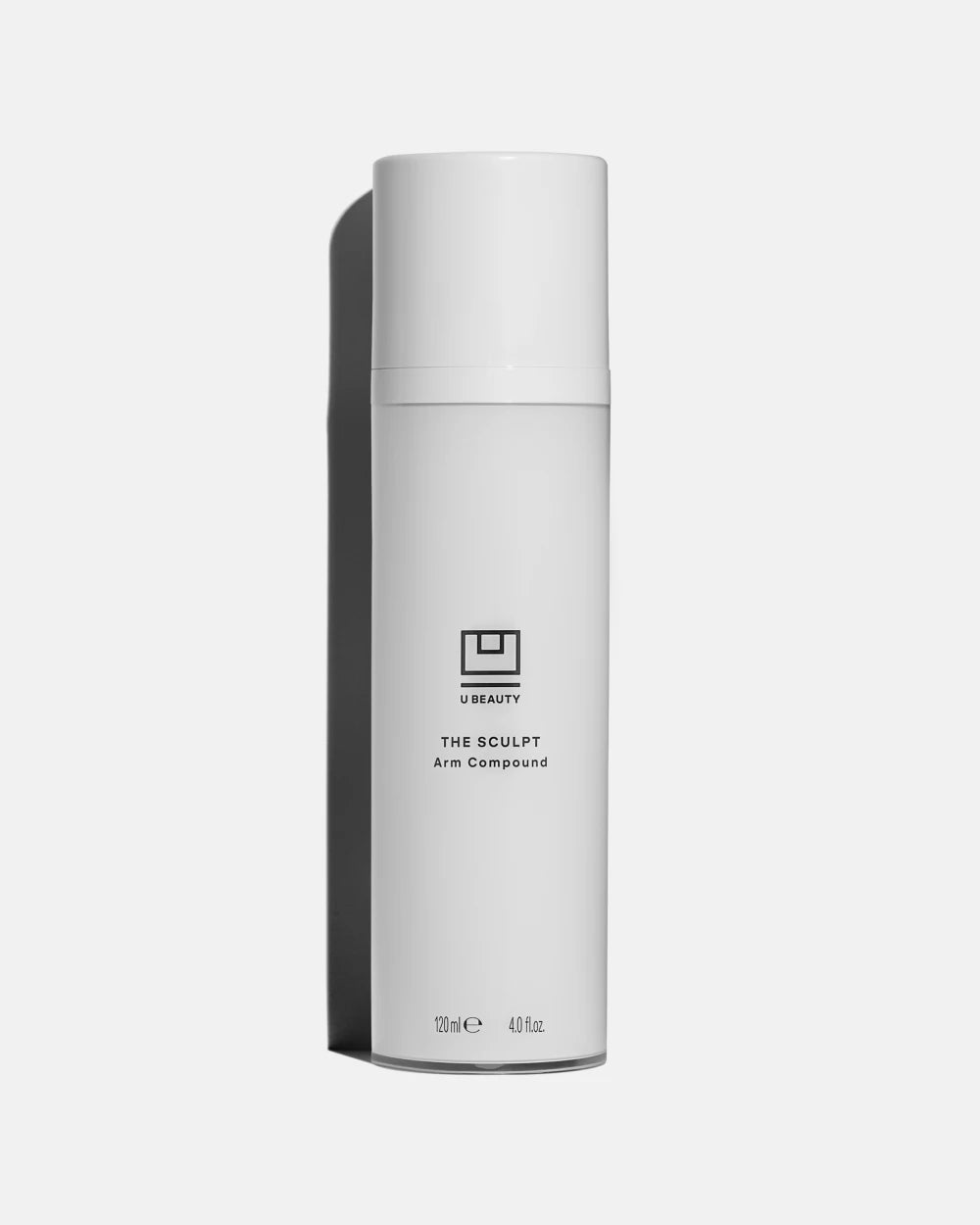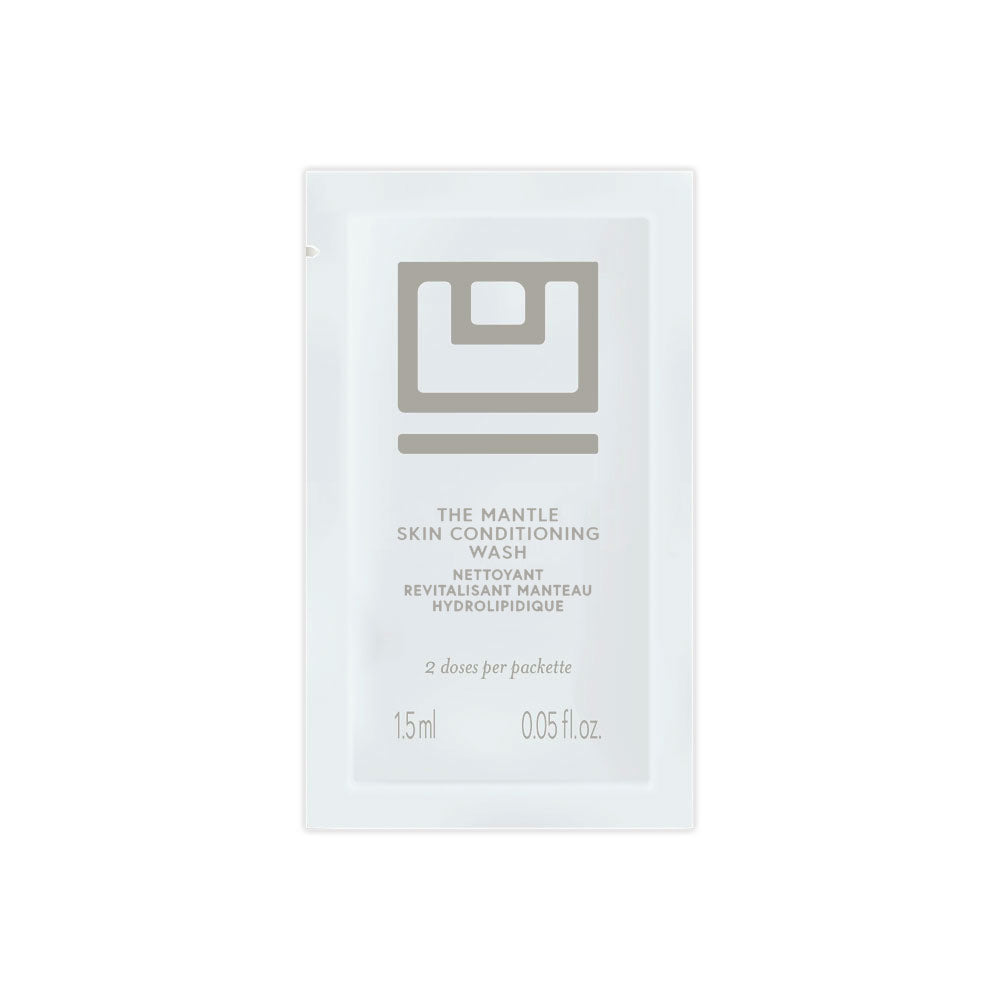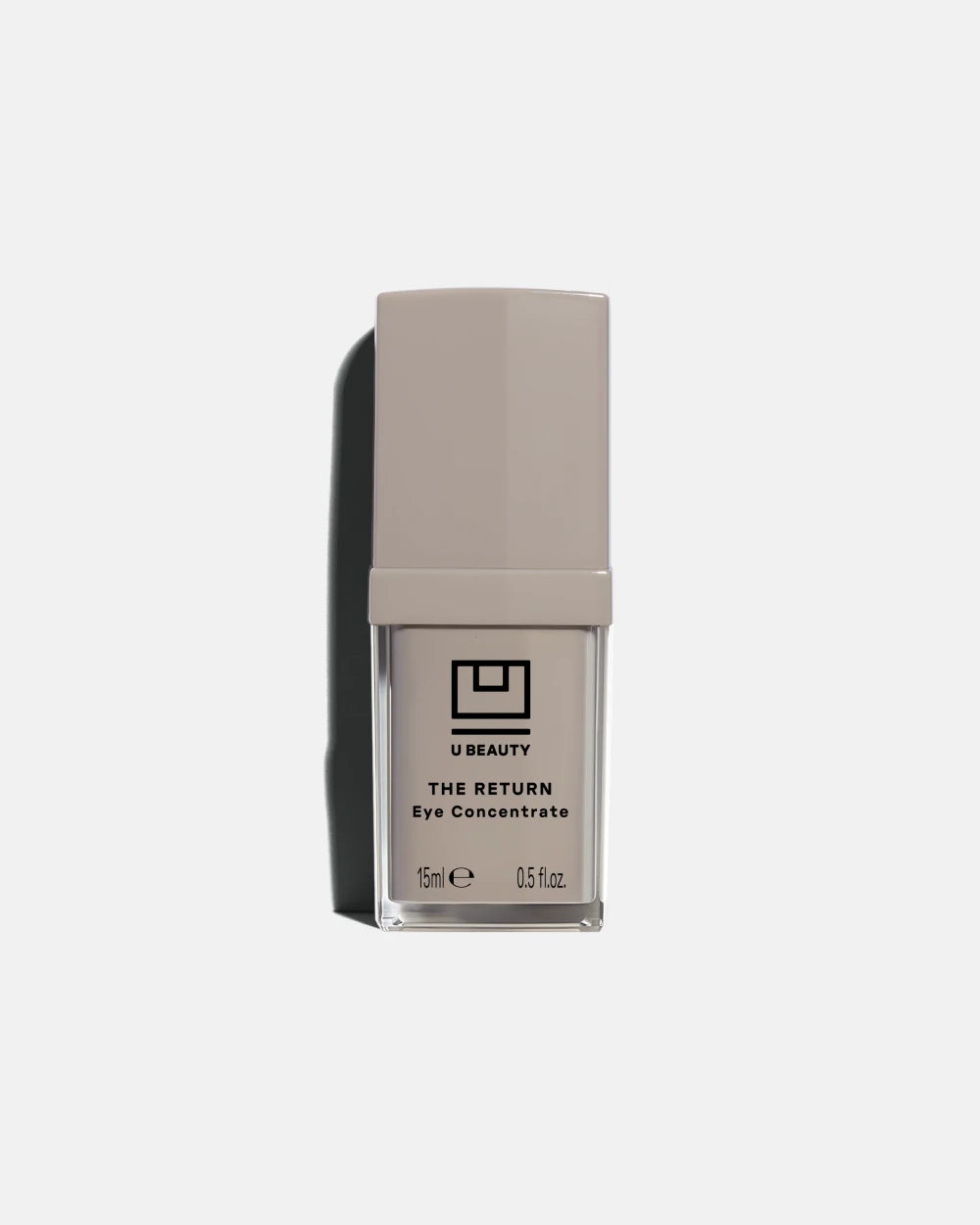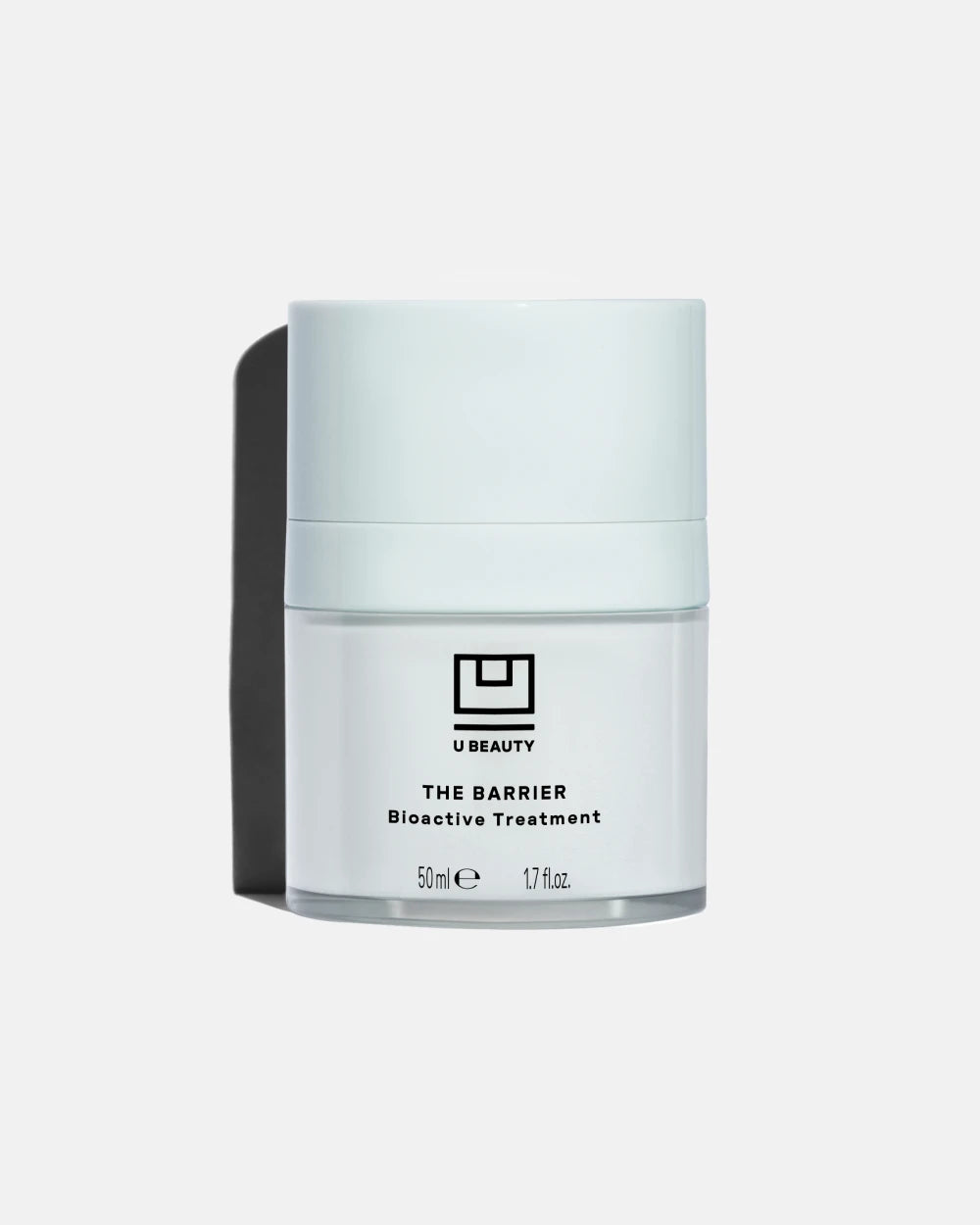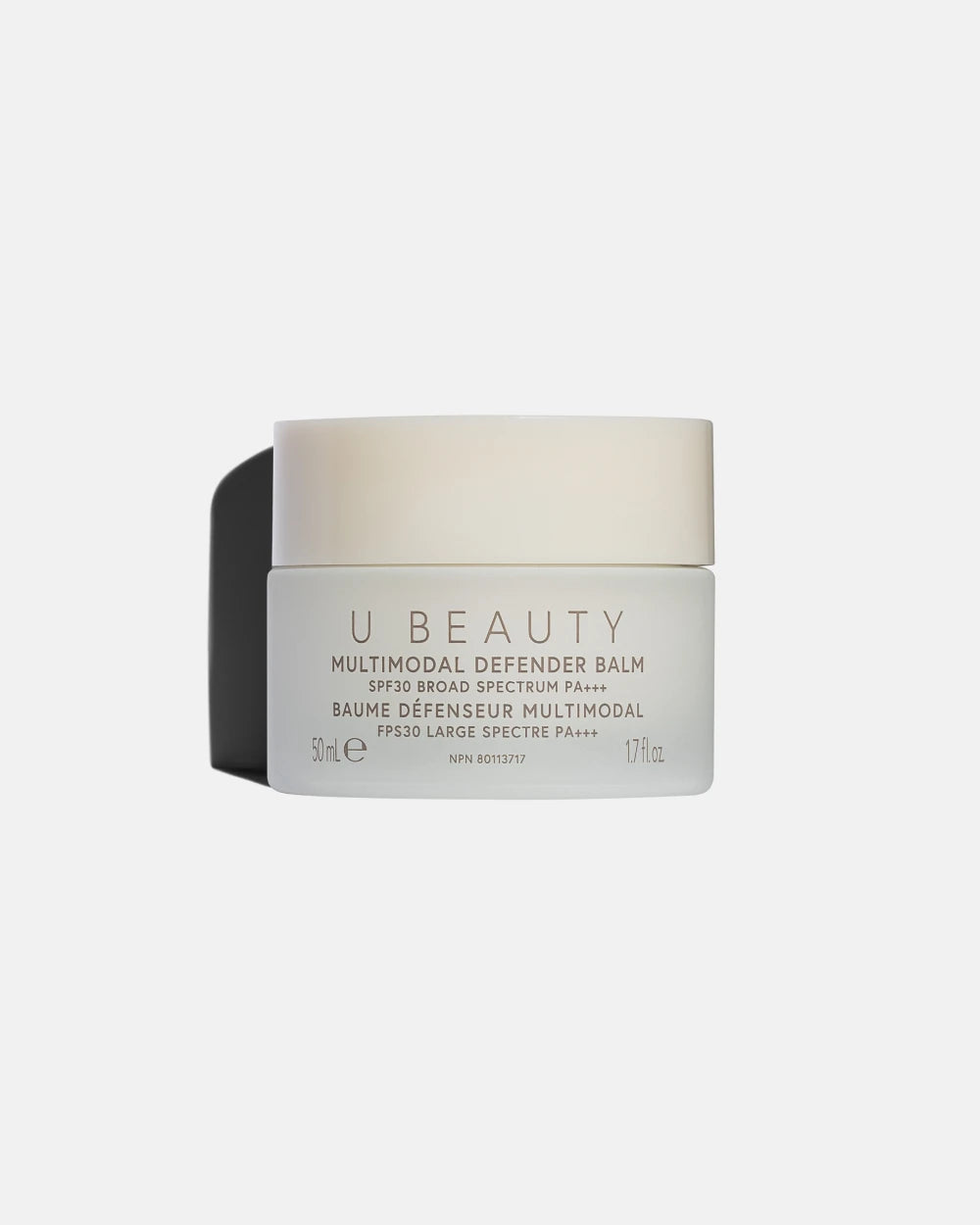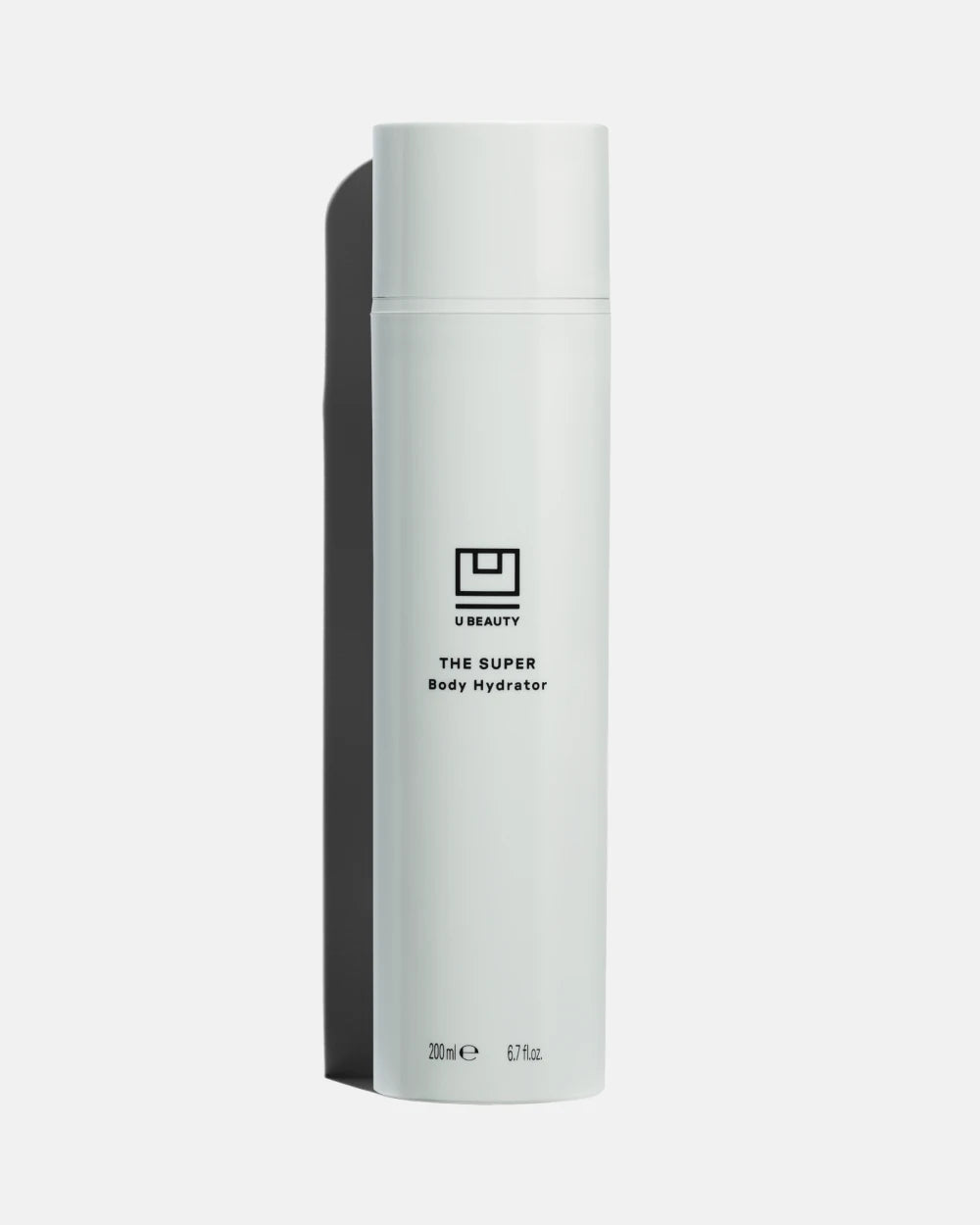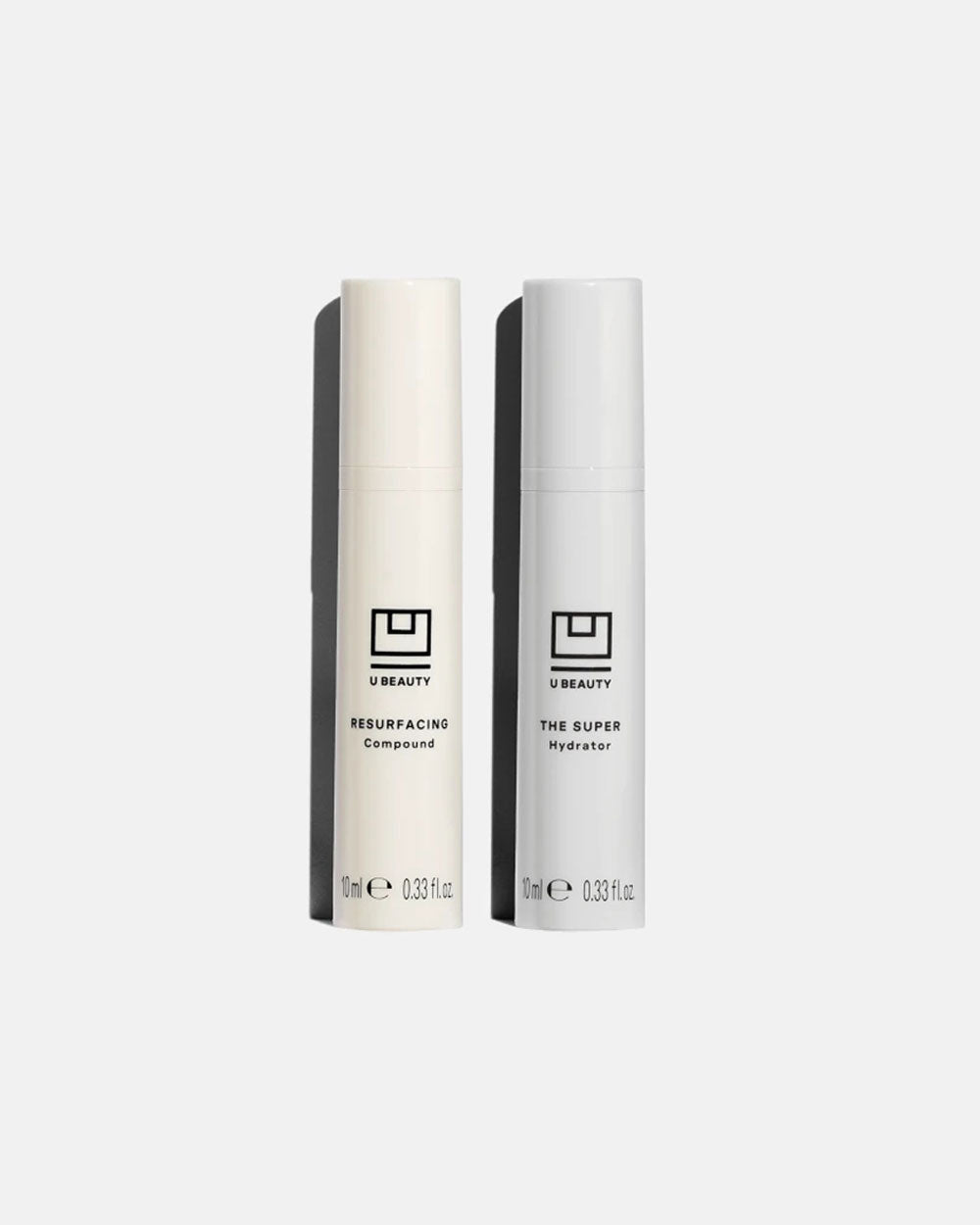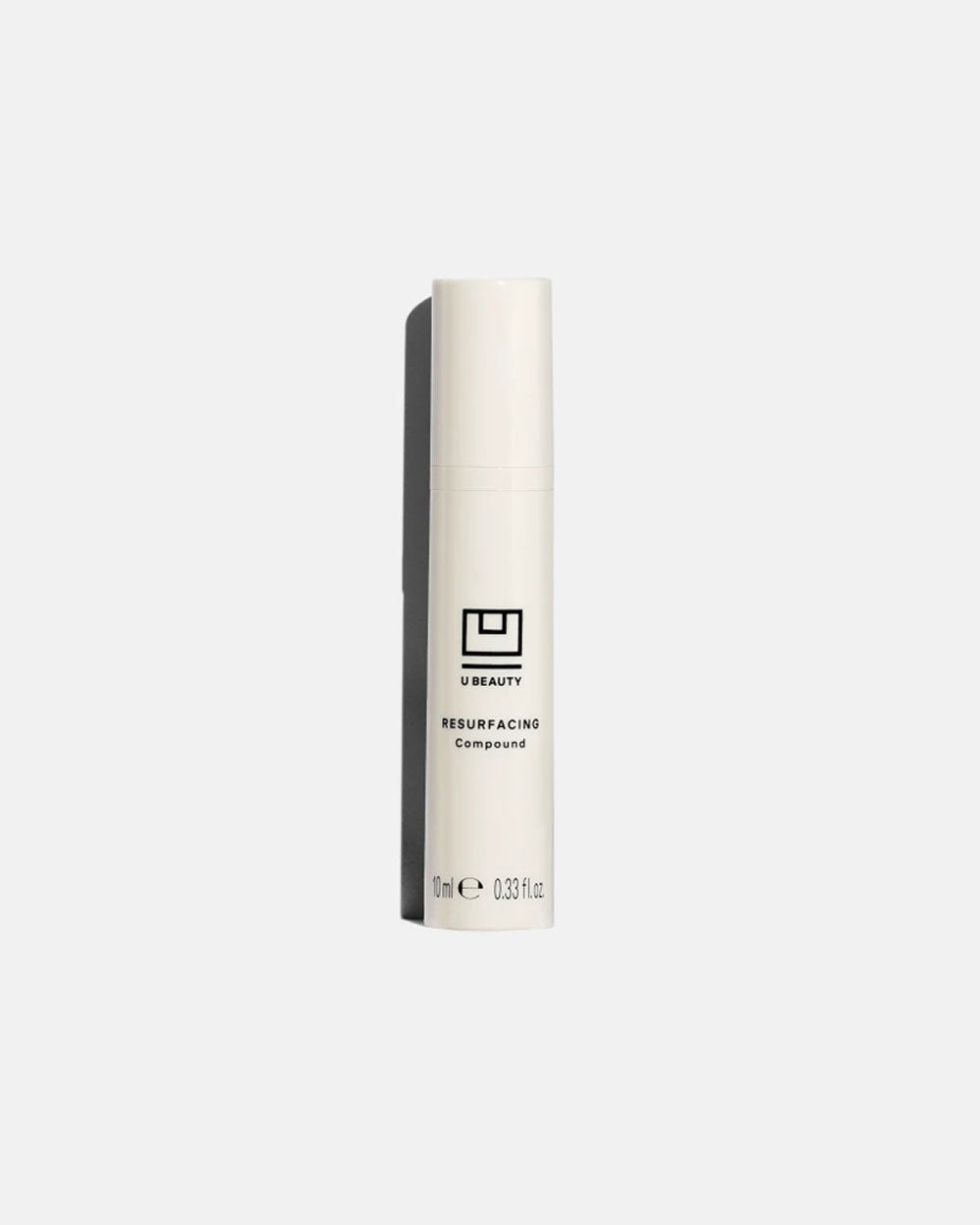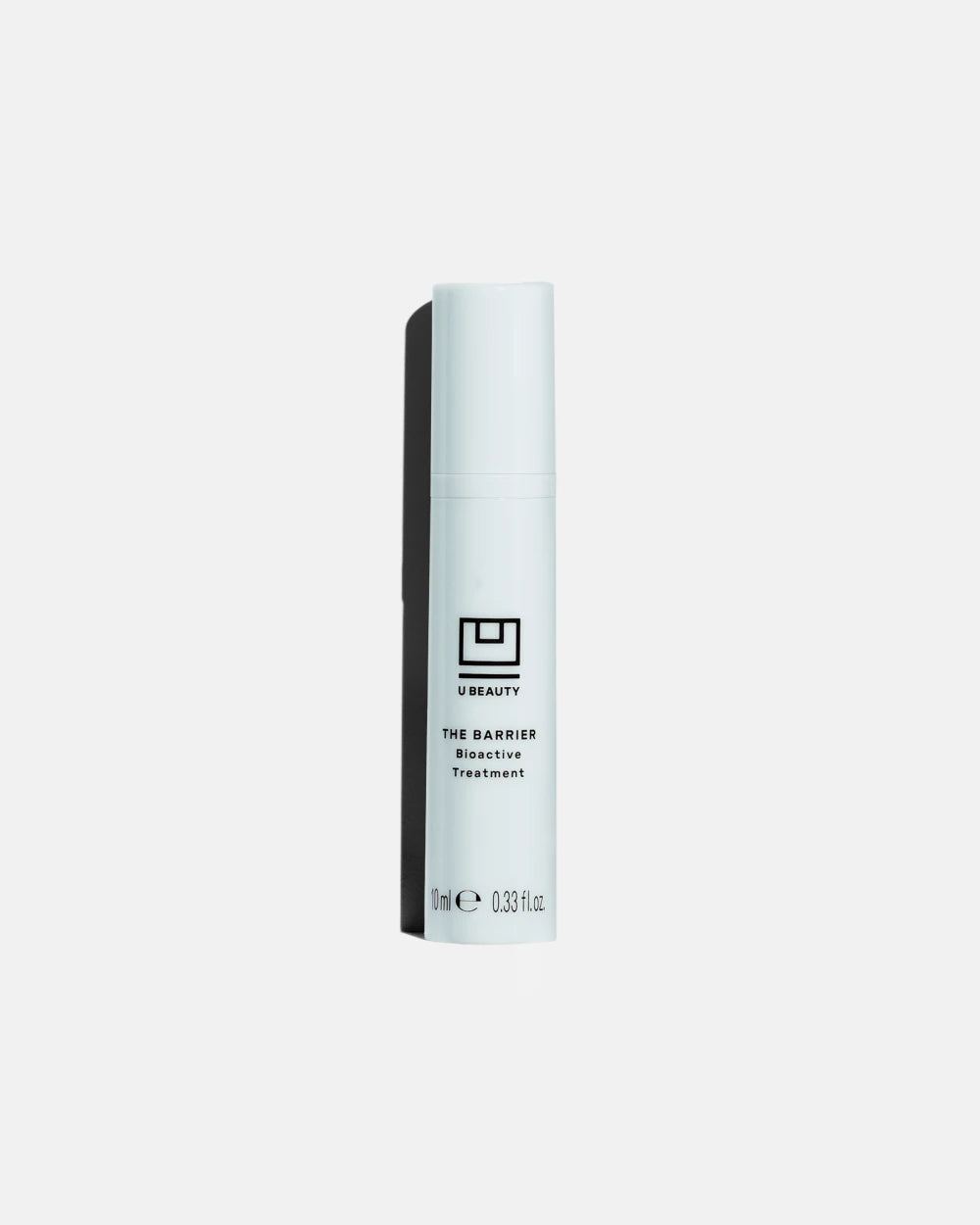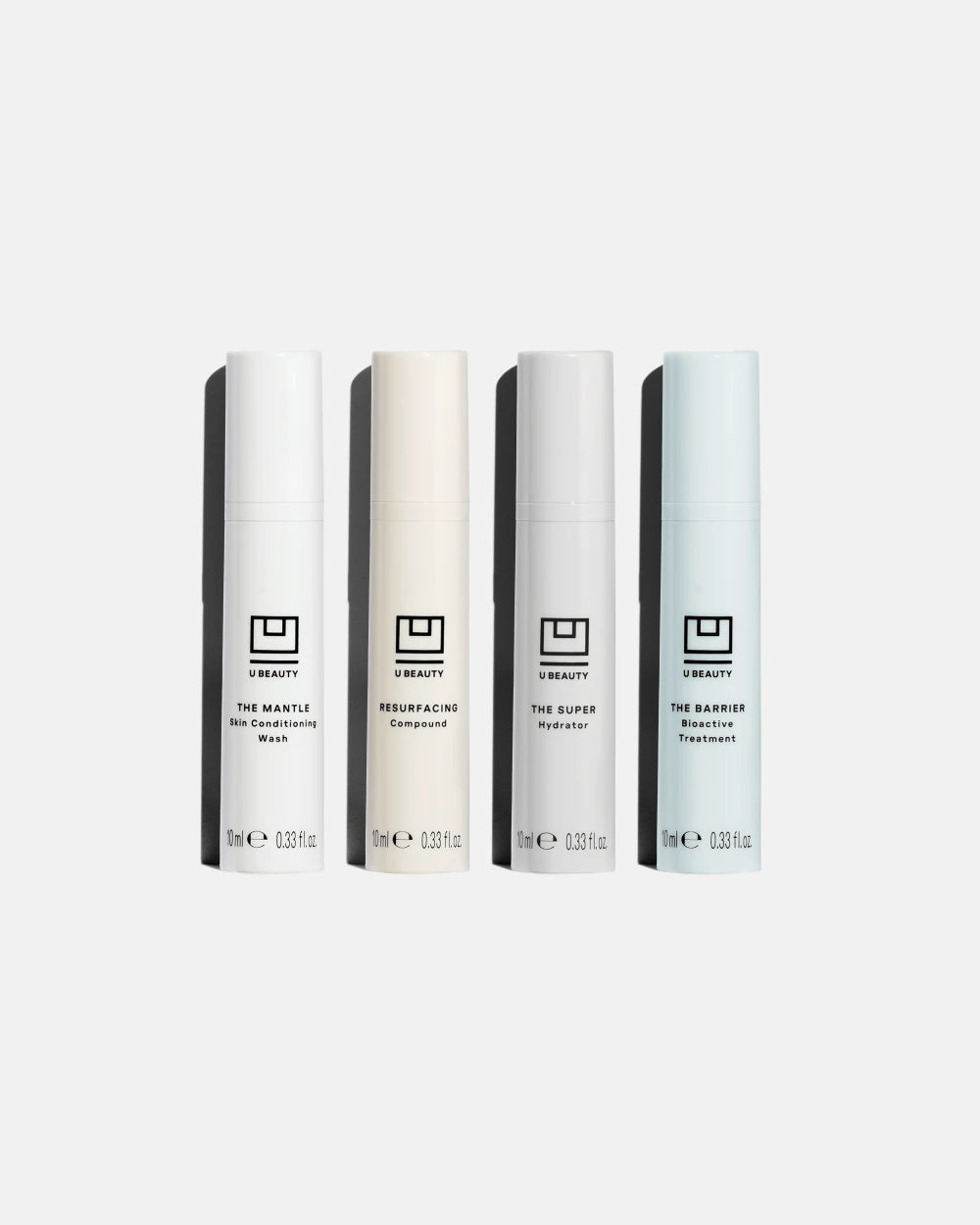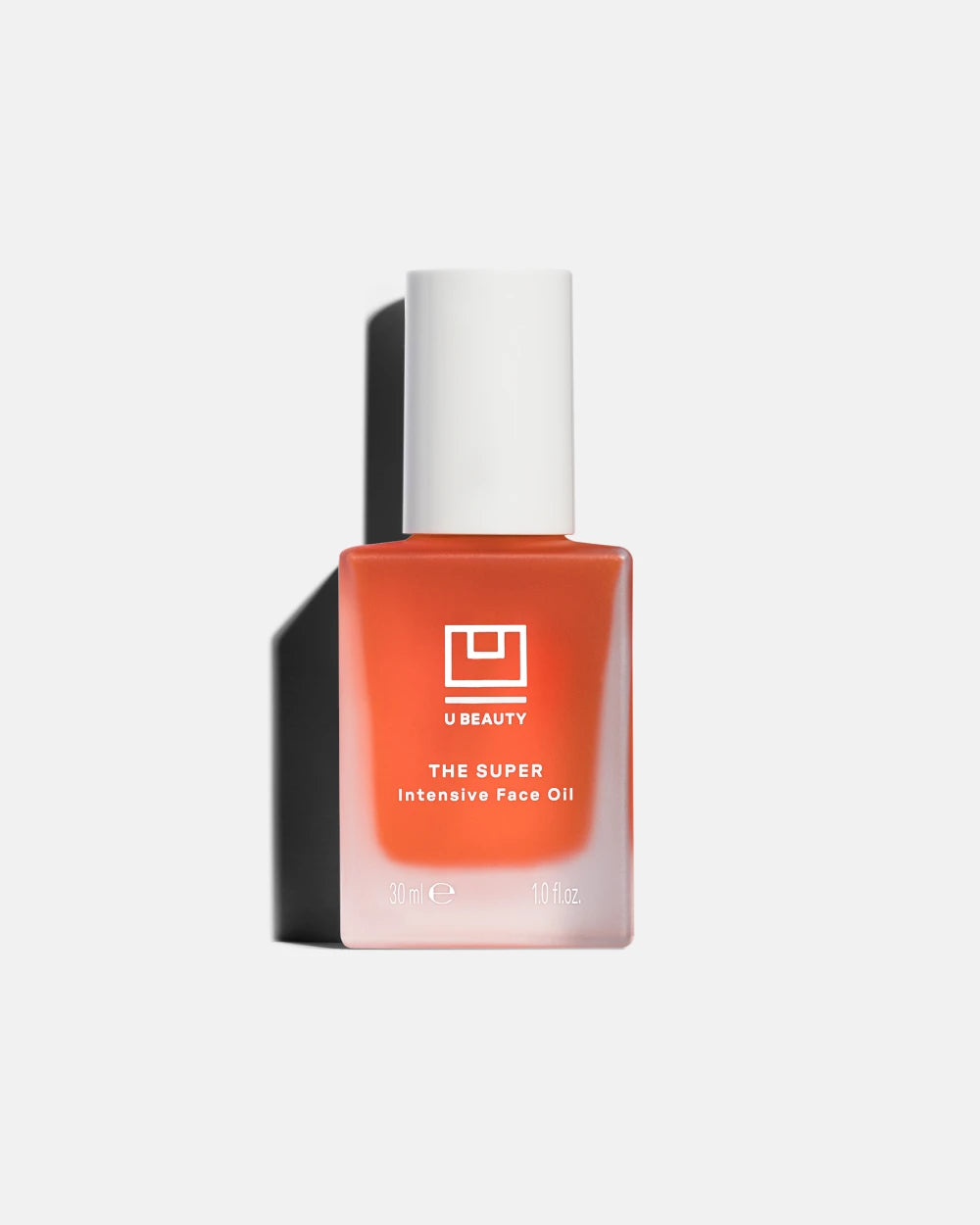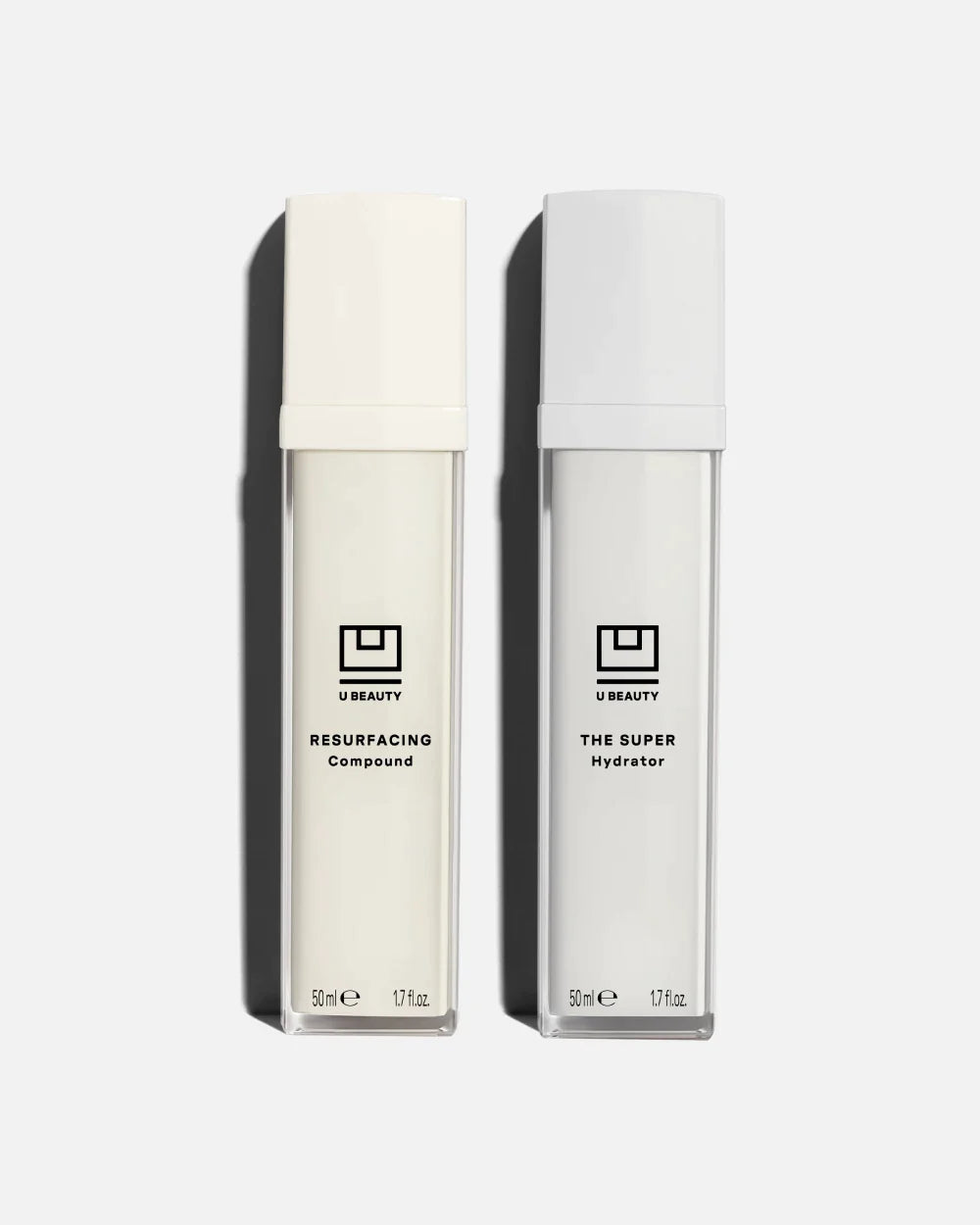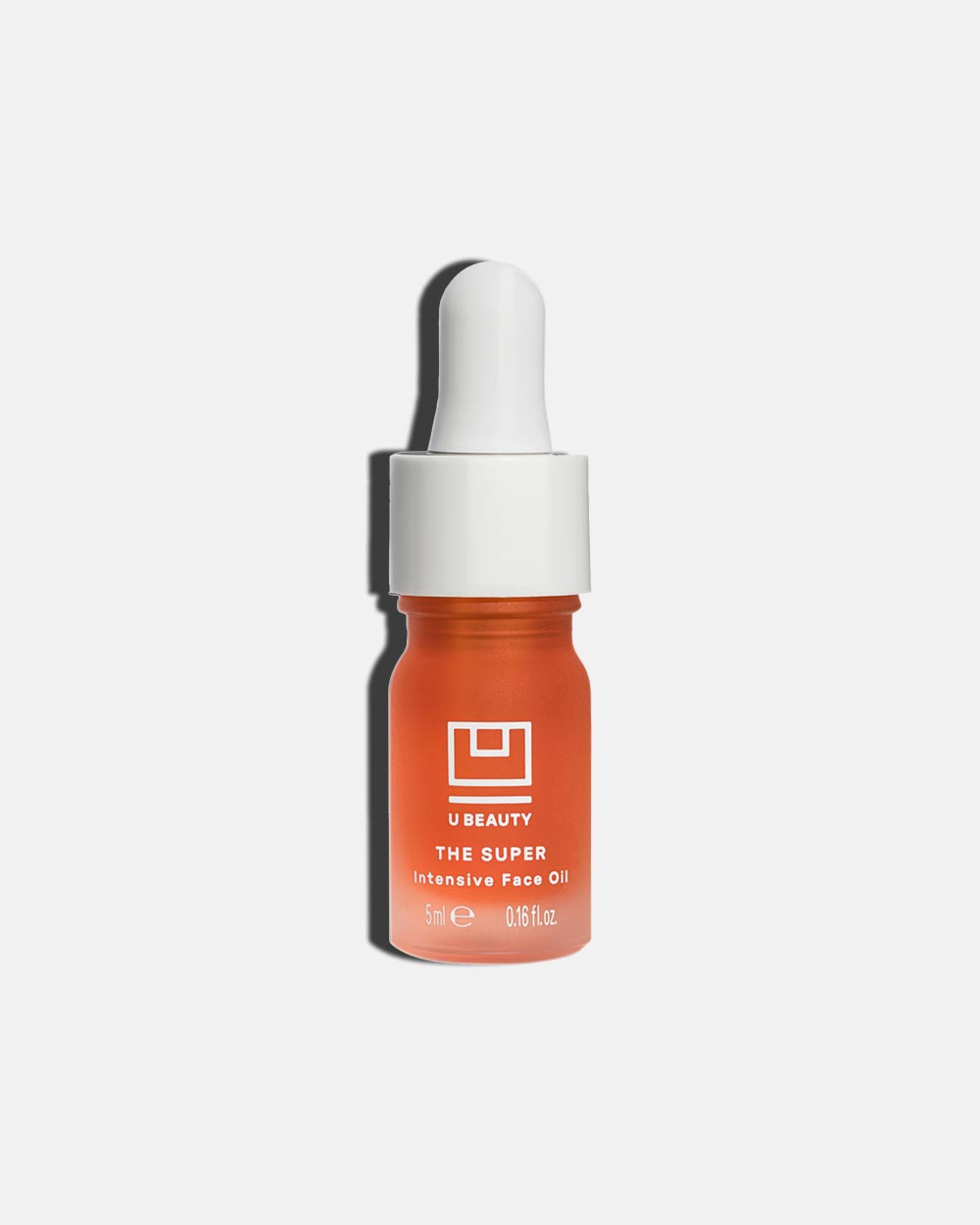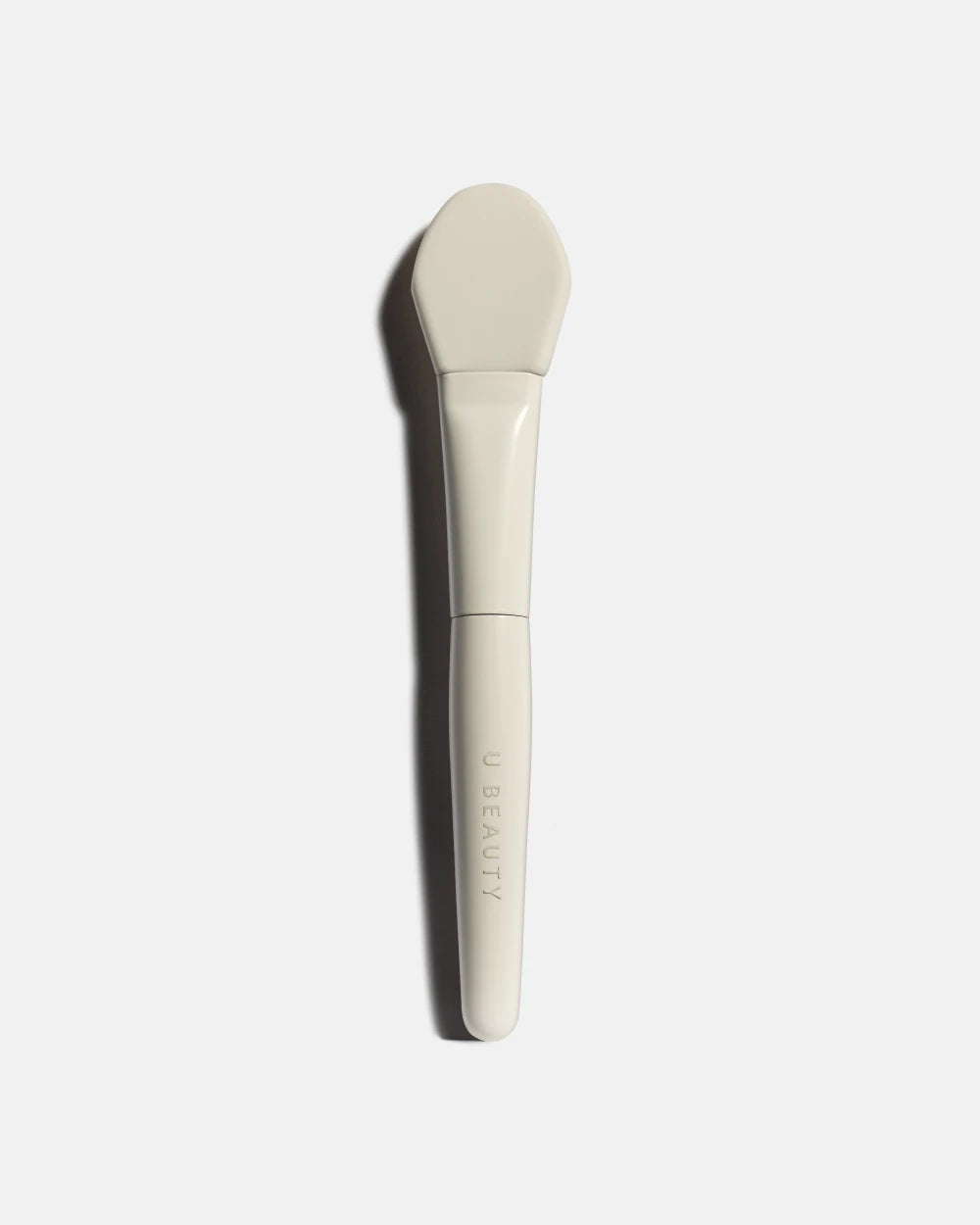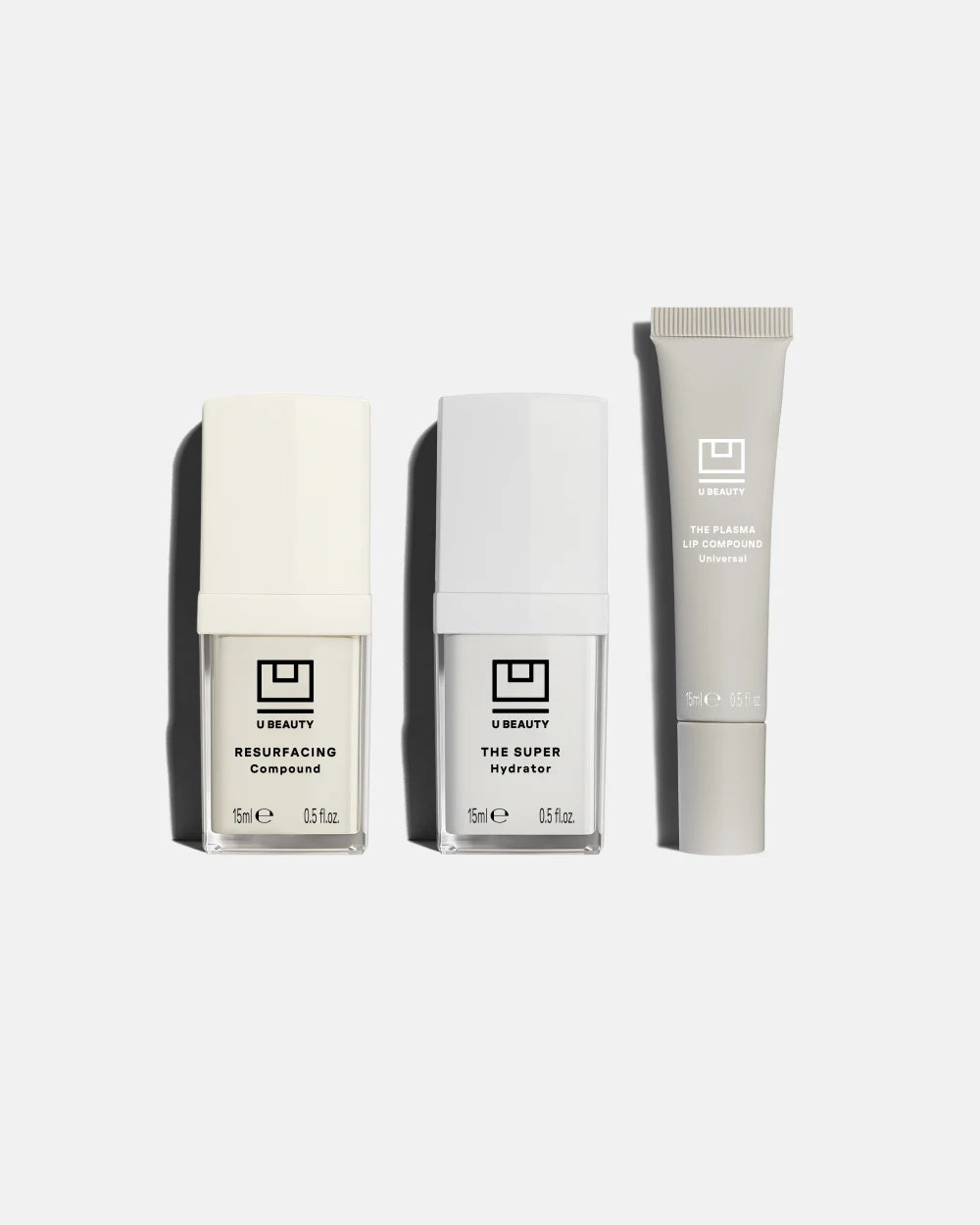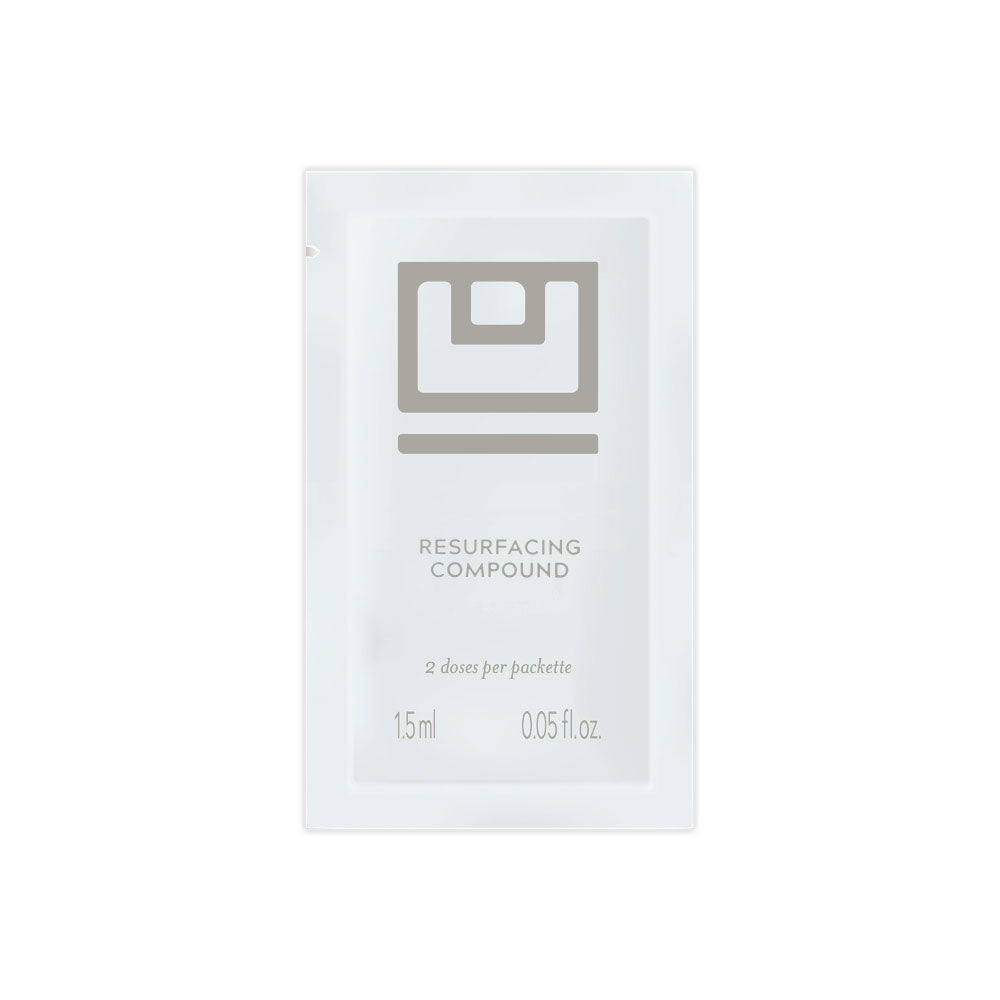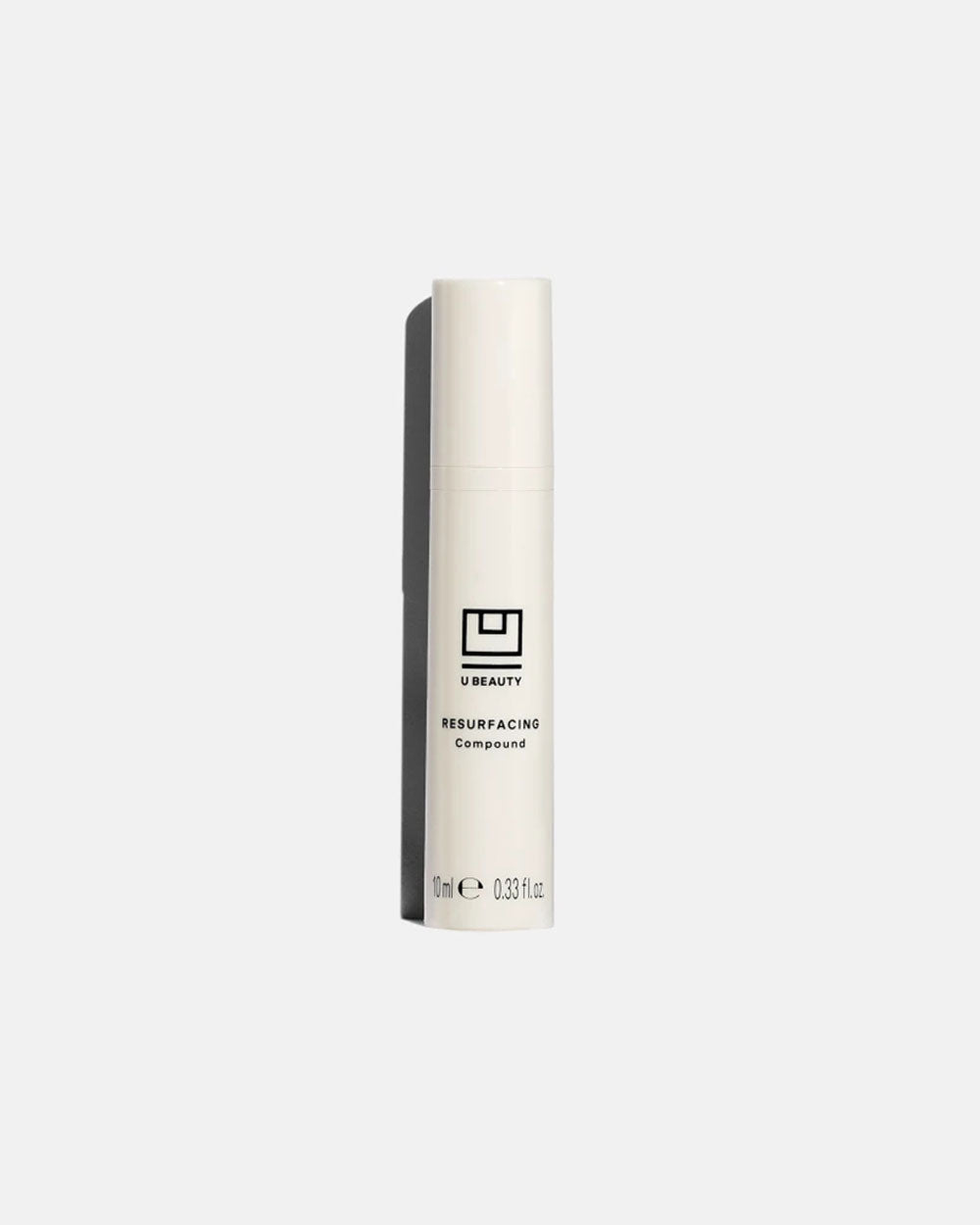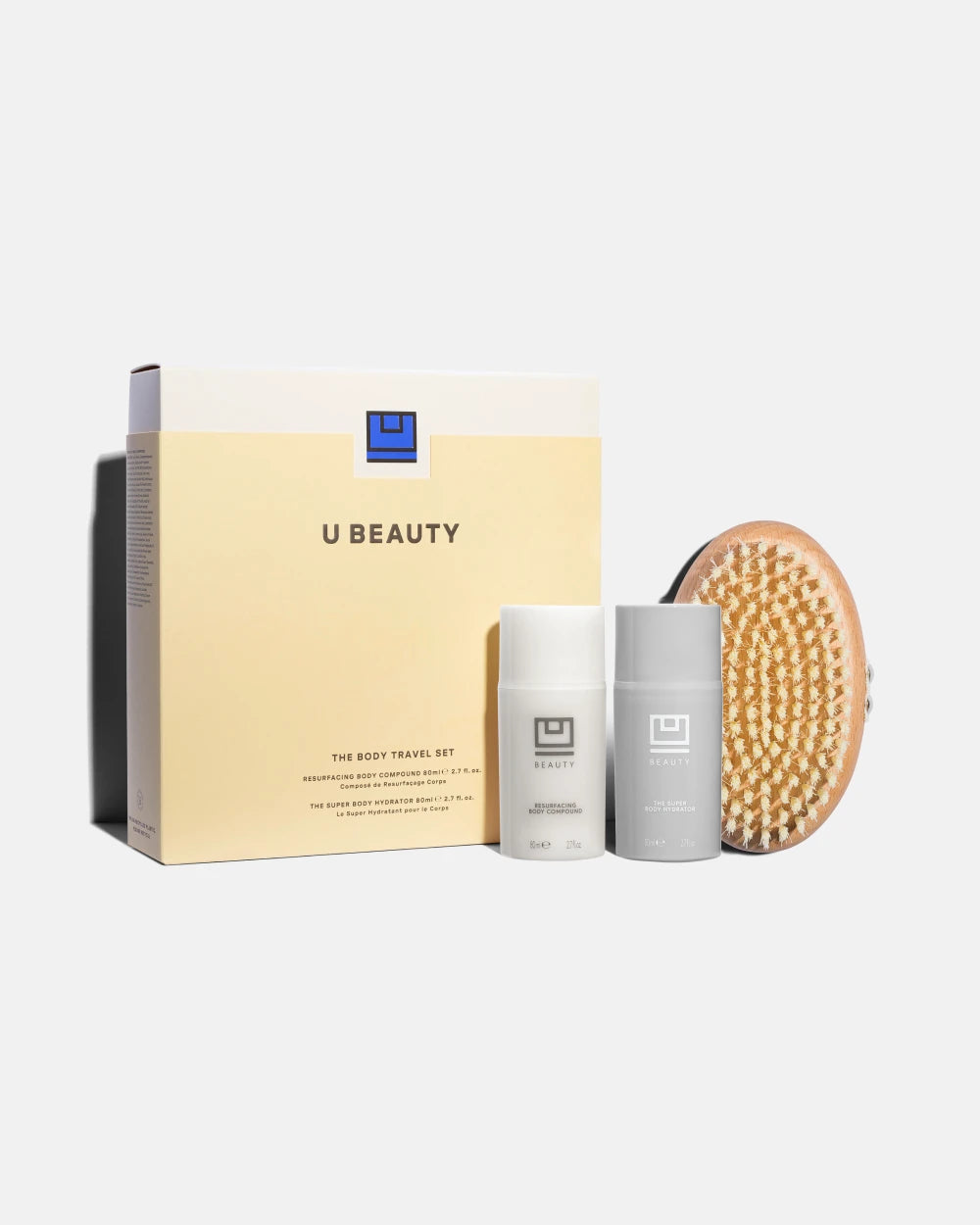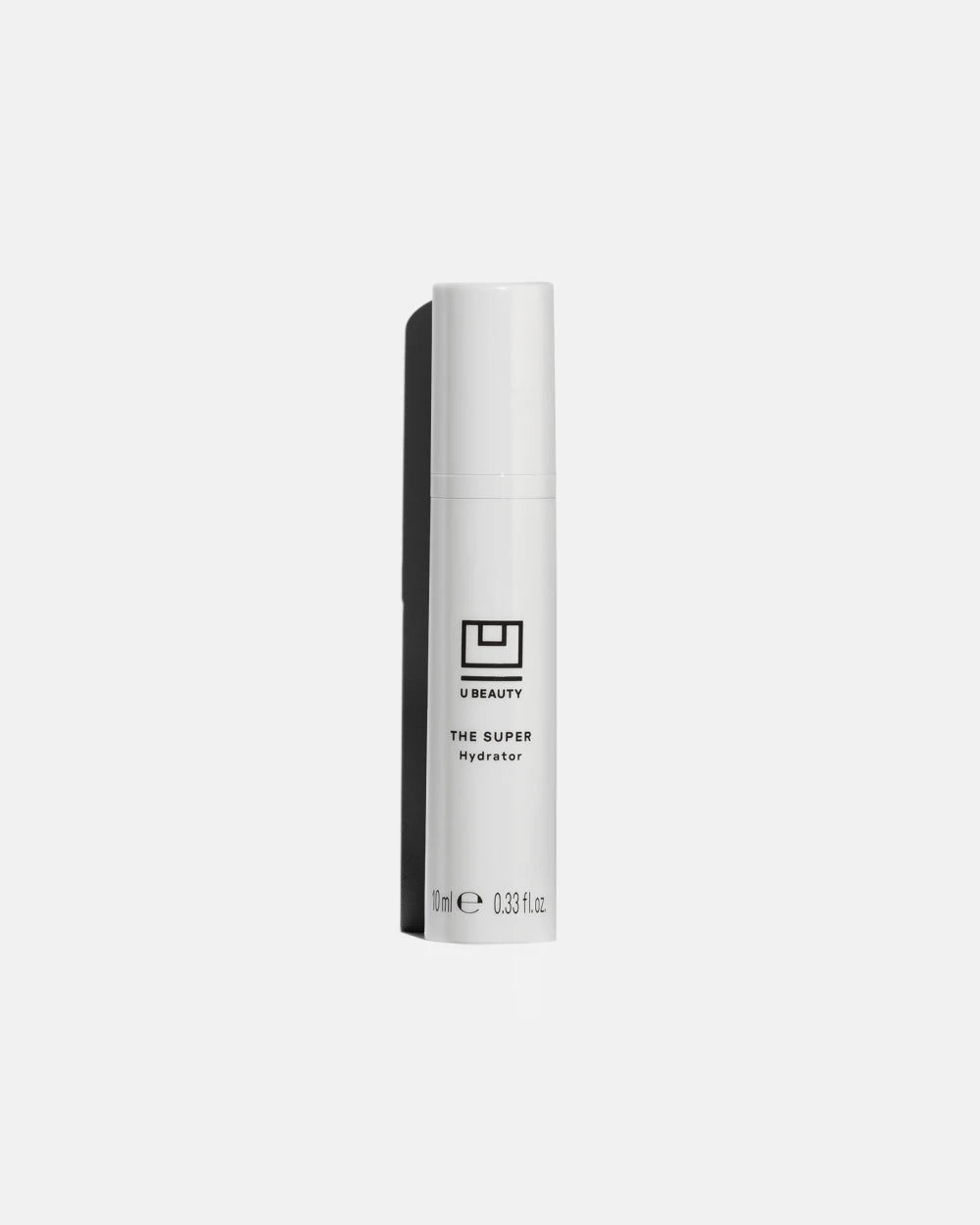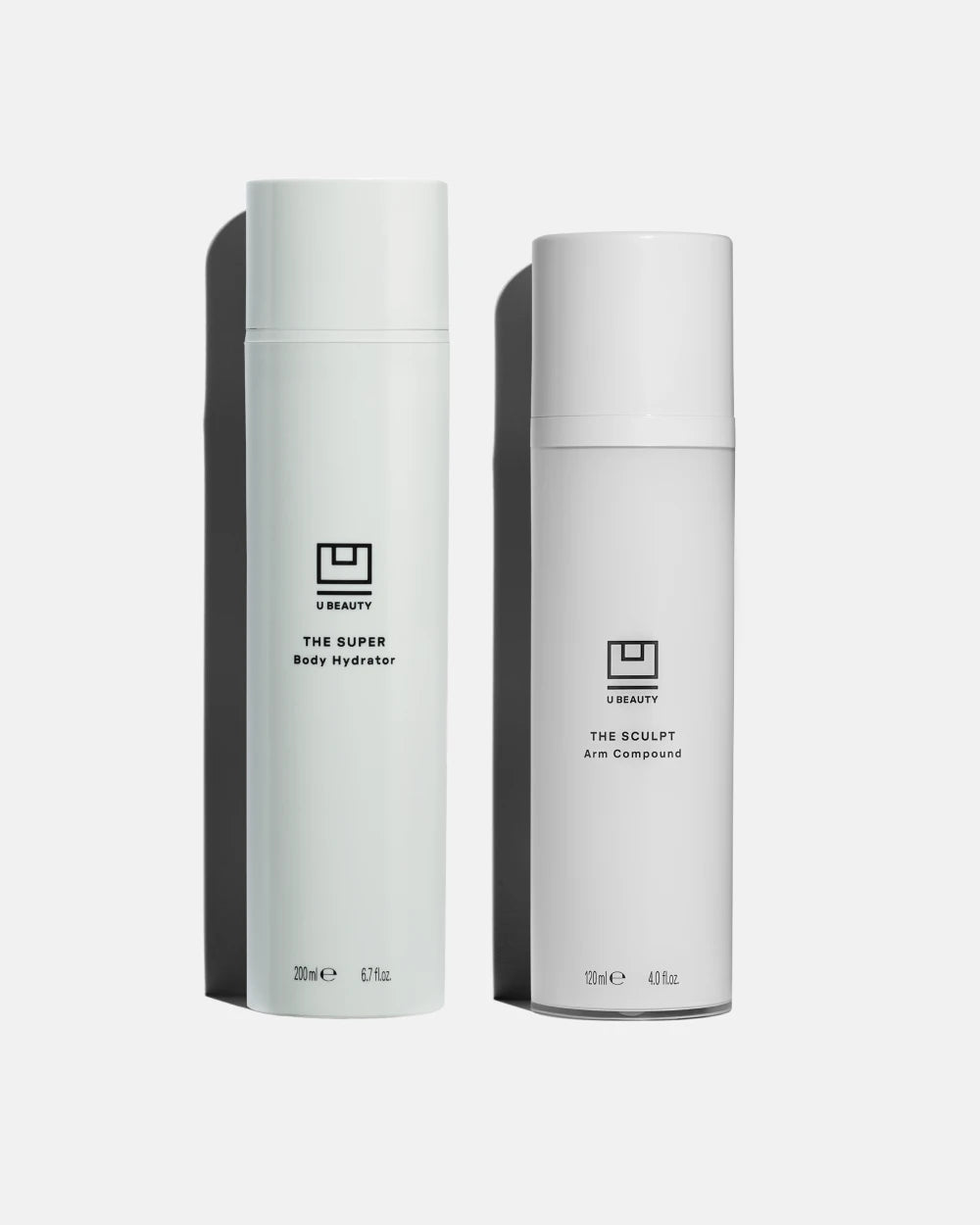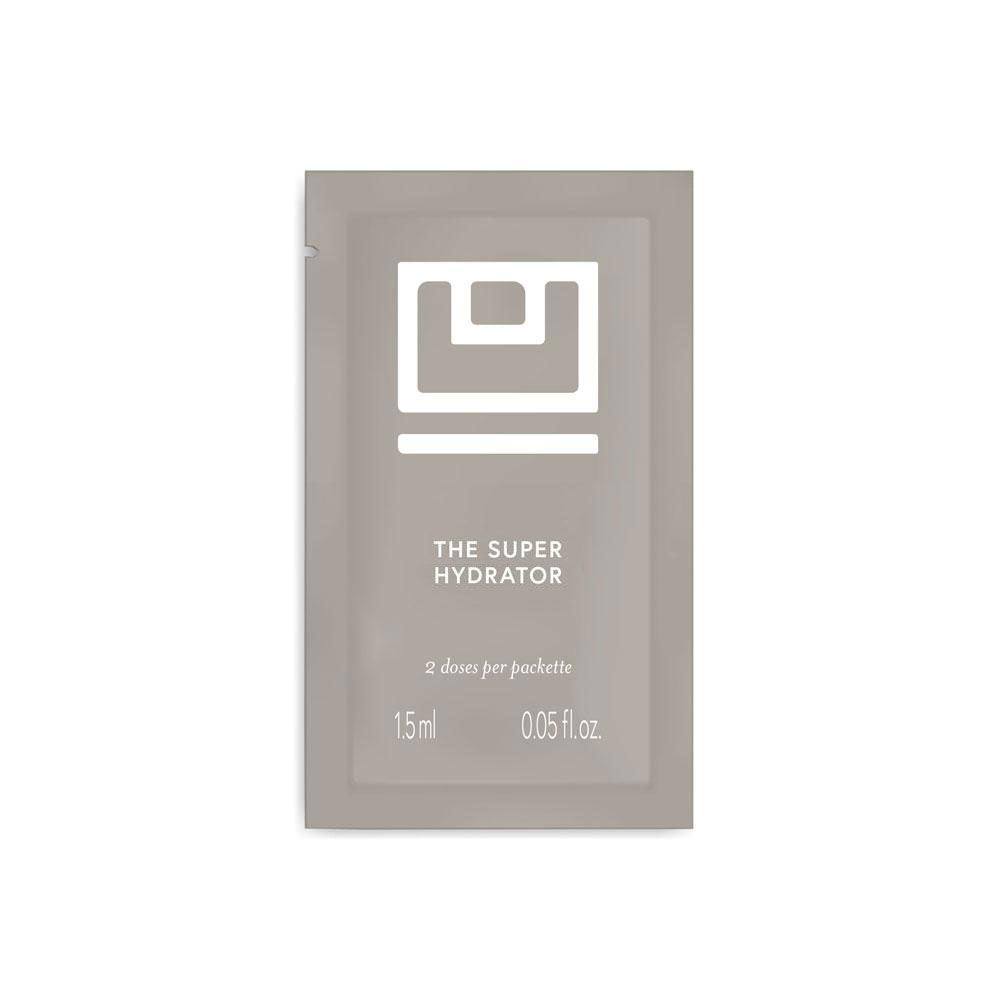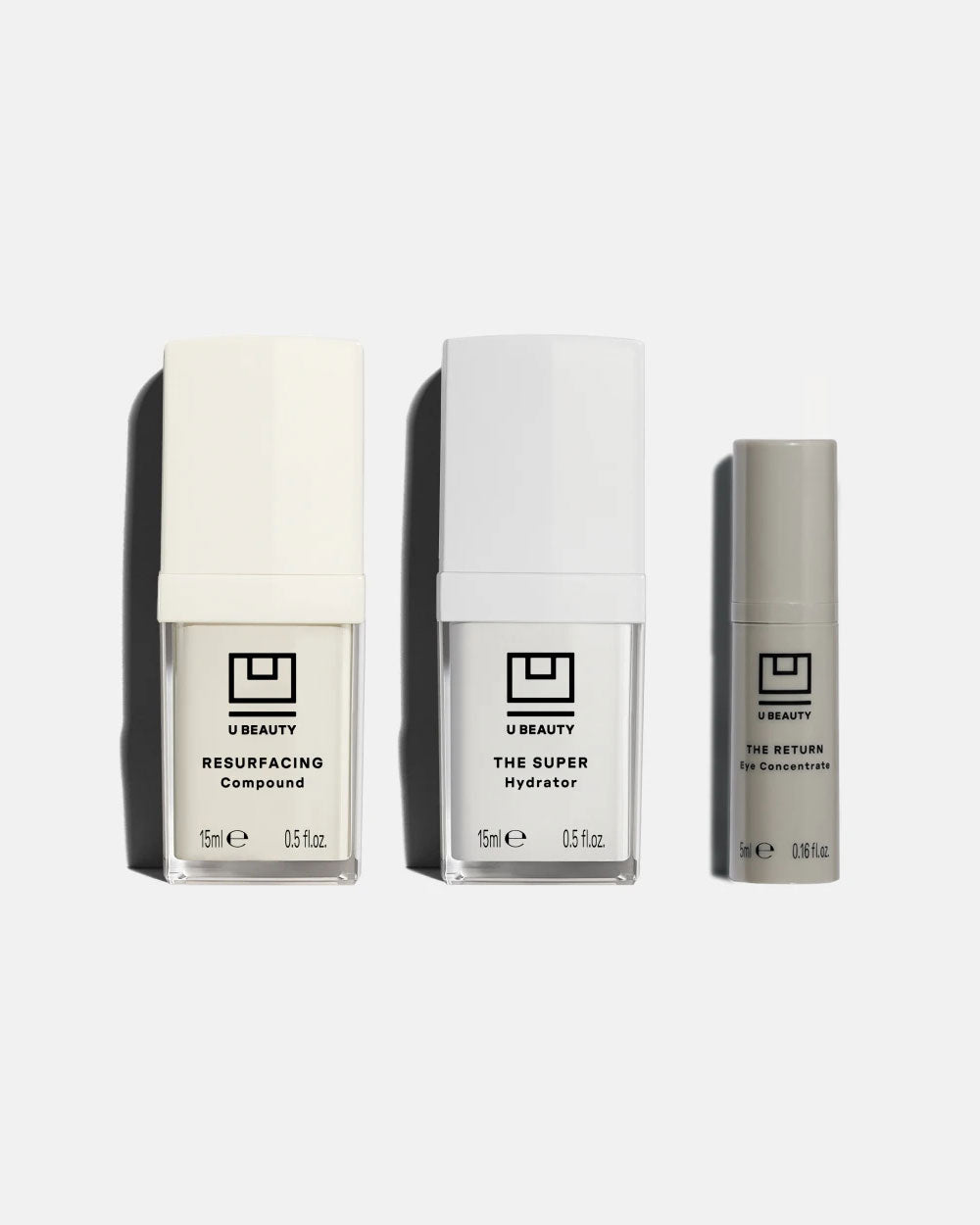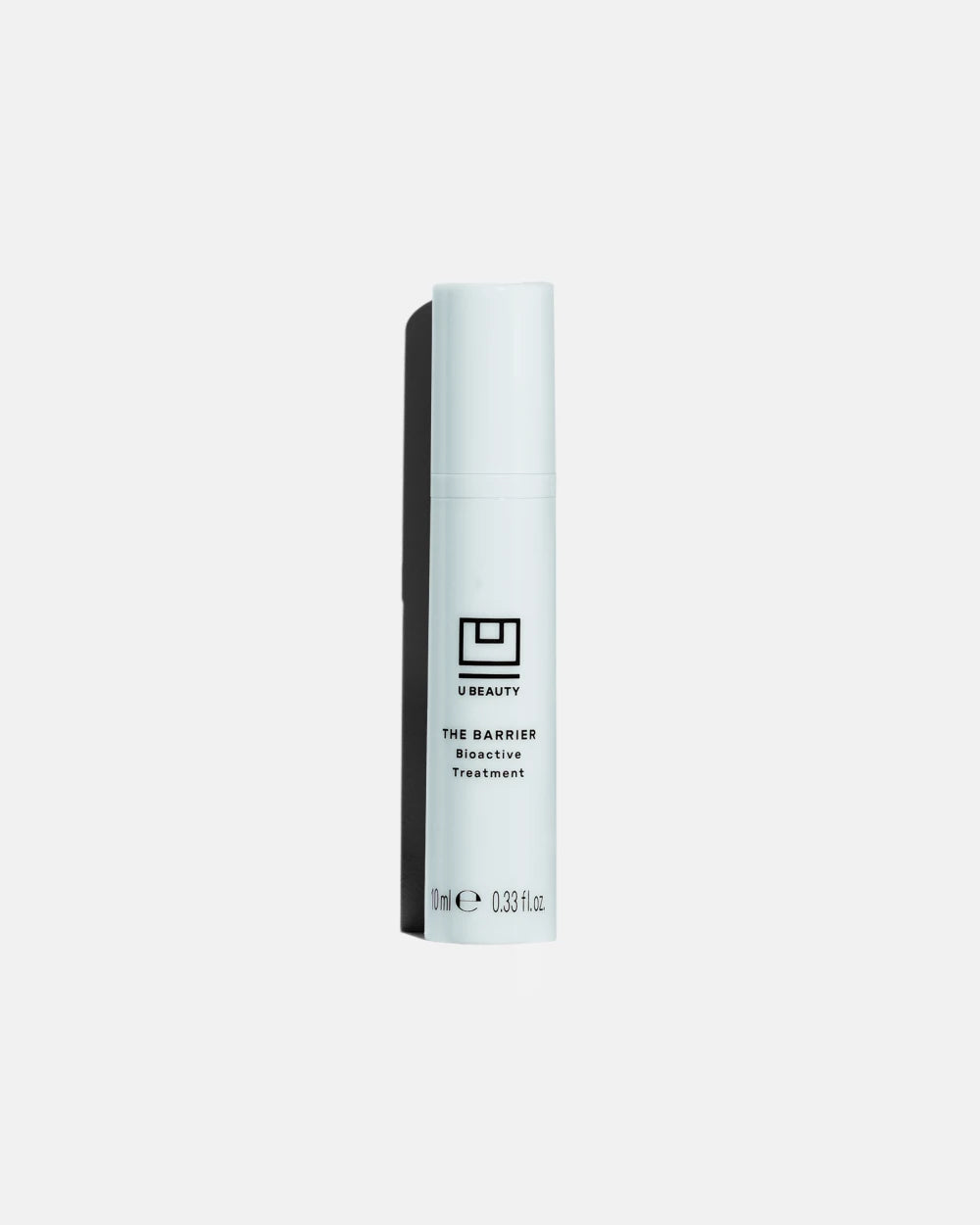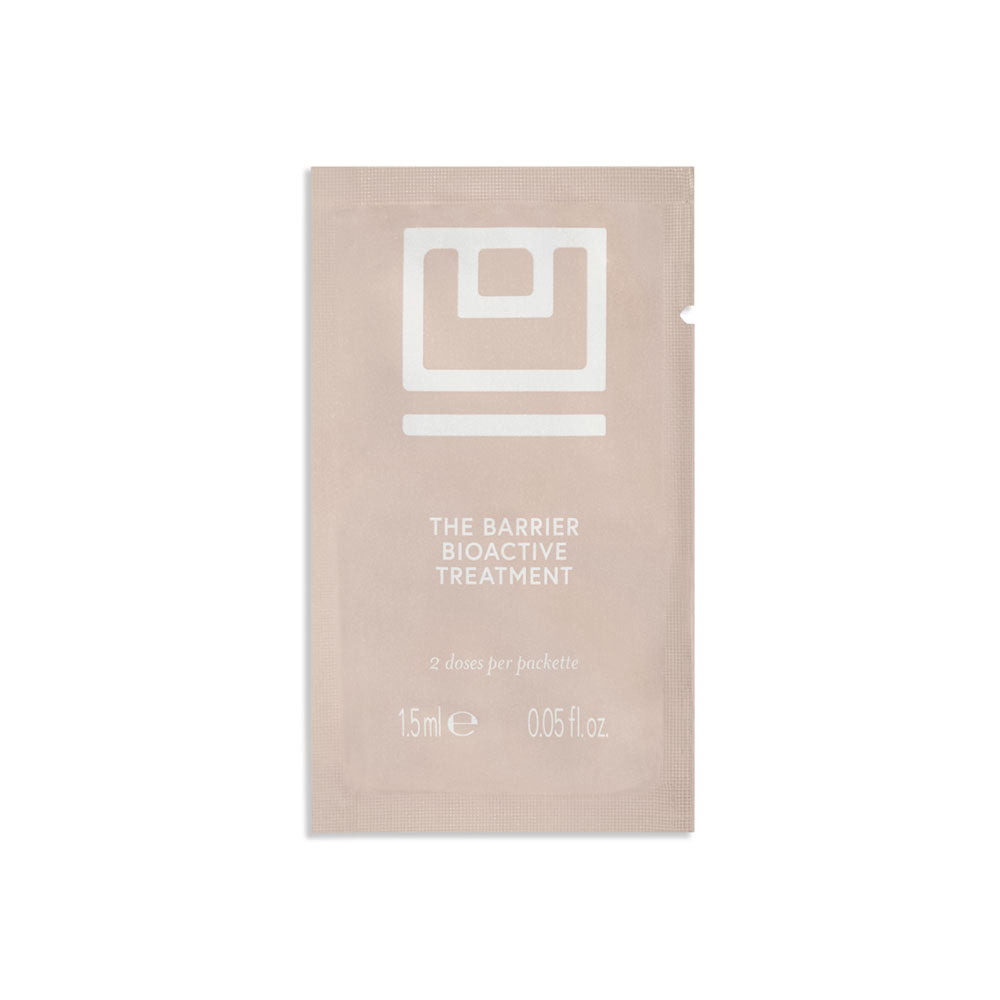6 Benefits of Vitamin C Serum

Vitamin C Revolution: 6 Benefits of Vitamin C Serum
The world of skincare has seen a multitude of trends and fads, but few ingredients have gained a reputation as solid as that of vitamin C. Loved by dermatologists and skincare enthusiasts alike, this ingredient has established itself as an irreplaceable component of a balanced skincare routine.
As we explore the expansive field of dermatology, we aim to equip you with the knowledge and tools needed to understand how this marvel of an ingredient can contribute to boosting your skin health. So let’s uncover the secrets behind the effectiveness of vitamin C serum while shedding light on how to maximize its impact on your skin.
What Are the Benefits of Vitamin C for Your Skin?
Among the extensive list of skincare products and ingredients, vitamin C holds its own as a powerful, research-backed option.
1. Supports Your Skin
Urban dwellers will appreciate the added defense that vitamin C serums can offer against environmental stressors. They help maintain the skin's resilience against the trials of air pollution, offering an additional layer of support to your daily routine.
If your skin leans towards sensitivity, the strengthening properties of vitamin C serums can support your natural skin barrier, which may help visually ease redness and irritation. Vitamin C can also support hydration, helping your skin appear glowing from sunup to sundown.
2. Addresses Visible Signs of Aging
For those concerned with signs of aging, vitamin C serum works to maintain the skin's youthful appearance by supporting collagen. When it comes to the appearance of fine lines, vitamin C serums play a supportive role by bolstering skin elasticity, leading to more supple-feeling skin.
Also, in cases where uneven skin texture is a concern, vitamin C serums can complement other skincare products like retinol to support smooth-feeling skin. As we mentioned earlier, vitamin C can also provide defense against free radical damage, which can often contribute to early signs of aging.
3. Encourages a Brighter-Looking Complexion
Vitamin C is often hailed for its skin-brightening prowess. It plays an important role in fading the appearance of dark spots and uneven skin tone.
Often featured in high-quality skincare products, this powerful ingredient works by supporting balanced melanin in the skin and minimizing the appearance of sun damage, which can show up as dark spots and freckles. Because of its overall brightening properties, those looking for the appearance of refreshed and radiant skin may want to start incorporating vitamin C into their skincare routines.
4. Gentle on Sensitive Skin
For those navigating sensitive skin, vitamin C presents a gentle option. This nutrient helps support the skin barrier, potentially defending the skin against external irritants.
Many dermatologists recommend incorporating vitamin C products into a skincare routine designed for sensitive skin. Its ability to gently address signs of aging, visually even the skin tone, and brighten the complexion make it a great alternative to harsher ingredients that may cause irritation and redness for those with sensitive skin.
5. Addresses Visible Photodamage
By defending against free radicals—harmful molecules that can damage skin cells—vitamin C works can support the appearance of healthy skin.
This is especially crucial in an age where sun exposure, air pollution, and ultraviolet radiation are everyday challenges. These external factors contribute significantly to skin aging, uneven skin pigment in the form of dark spots, and even a breakdown of the skin barrier. Fortunately, vitamin C serums are capable of offering targeted defense against these issues.
However, as helpful as vitamin C can be, it’s not a replacement for sunscreen. It’s still important to apply SPF daily, especially when you anticipate being in the sun,
Types and Forms of Vitamin C Products
Navigating the world of vitamin C products can be like navigating a labyrinth, especially when you're bombarded with various names and formulations. The term "vitamin C" isn't a one-size-fits-all label—It’s actually an umbrella term for various forms and derivatives.
L-ascorbic acid has emerged as the most researched form of vitamin C, but it may be too strong for sensitive skin. Sodium ascorbyl phosphate serves as a gentler alternative that still packs in the benefits. The benefits of vitamin C can also be increased when it’s combined with other ingredients.
Ferulic acid, for example, stabilizes the vitamin, prolonging its shelf life and increasing its skin benefits. Vitamin E, another powerful antioxidant, is often used to complement vitamin C’s antioxidant properties and help stabilize it.
Different formulations of vitamin C also differ in terms of concentration. A high concentration of vitamin C can have noticeable effects but might irritate sensitive skin types in certain forms. In contrast, products with lower concentrations are less likely to cause any adverse side effects but may take longer to show results.
Understanding your skin type, identifying your skincare goals, and making an informed choice about the form and concentration of vitamin C you use can ultimately dictate the success of your skincare regimen.
How To Incorporate Vitamin C Into Your Skincare Routine
Achieving the ultimate skincare routine involves more than just applying some products. There’s a bit of an art to layering them correctly and choosing the right ingredients that work in harmony.
While we could run through a 10-step routine that will take up your entire morning, instead, we’ll suggest cleansing with The MANTLE Skin Conditioning Wash and then skipping all the fuss by using our Resurfacing Compound. Not only does our Resurfacing Compound feature vitamin C, but it is also so effective that it replaces multiple other steps in your skincare regimen.
Instead of using separate antioxidant products, vitamin C serums, hyaluronic acid formulas, brightening products, and toners, just use our Resurfacing Compound. Designed to be a comprehensive solution for skin woes, this product employs our double patent-pending SIREN Capsule Technology to make sure the ingredients bypass healthy-looking skin, going straight to the areas that need a lift.
Plus, our formula combines stabilized forms of antioxidants, vitamin C, vitamin E, and hyaluronic acid. It's an optimized beauty regimen in a bottle, helping to reduce the appearance of fine lines and increase the feeling of a smooth skin texture.
Next, moisturize with The SUPER Hydrator, a next-level moisturizer that actively hydrates your skin for up to 48 hours due to five unique sizes of hyaluronic acid. With nourishing botanical hydrators like avocado oil and grapeseed oil alongside advanced ingredients like peptides, you’ll be left with the feeling of primed, nourished, and hydrated skin.
Finally, finish up with our Multimodal Defender Broad Spectrum SPF 30. This SPF tackles issues like discoloration, puffiness, and signs of aging while offering protection against UVA, UVB, and even blue light rays.
Made from a blend of skin-nourishing ingredients like shea butter, almond oil, and hyaluronic acid, it goes beyond mere sun protection—it even boasts the brightening power of vitamin C. This ensures that you're not only nourishing your skin but also protecting it, maximizing the efficacy of your chosen products, and getting the most out of topical vitamin C in your skincare routine.
The Serum That Does It All
Incorporating vitamin C serum into your skincare routine offers a host of benefits, from combating signs of aging to strengthening the skin barrier. Each person's skin is unique, but there are just some ingredients that have benefits to offer to everyone, regardless of skin type.
Whether you have oily skin or dry skin, build out your skincare routine with U Beauty and see what a difference it can make. To learn more, visit our blog today.
Sources:
Vitamin C in Dermatology | National Library of Medicine
Decreased Collagen Production in Chronologically Aged Skin | National Library of Medicine
The Roles of Vitamin C in Skin Health | National Library of Medicine
Benefits of Adding Vitamin C to Your Skincare Routine | Baylor College of Medicine




